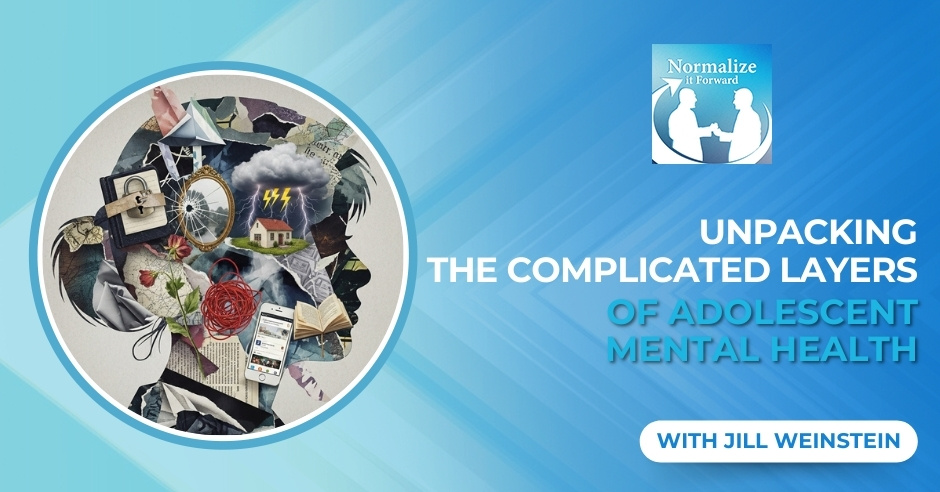
Navigating the complicated landscape of adolescent mental health requires empathy, support, and an open conversation. Marc Lehman welcomes Jill Weinstein, an LPC, mental health professional, and Clinical Director of Ignite, an adolescent mental health program at the Berman Center in Atlanta, who shares her insights from over 20 years of experience. The conversation explores the “big shift” of young adults leaving for college, the importance of proactive support—including managing legal shifts like FERPA—and the complicated, multilayered issues facing teens today. Jill and Marc also discuss reframing self-care as daily moments of awe and joy, the need for healthy relationships with social media, and the powerful role of community and connection in healing.
Reading about mental health is hard. Let’s schedule a free consultation.
—
Watch the episode here
Listen to the podcast here
Unpacking The Complicated Layers Of Adolescent Mental Health With Jill Weinstein
I’m super excited to welcome a fellow therapist, Jill Weinstein. How are you, Jill?
I’m good. How are you? Thank you for having me.
Fantastic. Thank you for being here. Jill is an LPC, mental health professional, and clinical director based in Atlanta. She is a licensed professional counselor with over twenty years of experience working with adolescents and families on issues like anxiety, depression, eating disorders, and OCD. She co-founded and serves as the Clinical Director of Ignite, an adolescent mental health program at The Berman Center, emphasizing holistic family-involved care and incorporating mindfulness, yoga, CBT, positive psychology, and experiential therapies. Jill, welcome.
Thank you so much for having me.
The Big Shift: Emotions When Your Child Leaves For College
Jill, let’s jump in. You had shared with me offline. You have two kids. One is heading to school. It made me think a little because my kids are a bit older. It made me think back to what that was like for me when my first one went off to college. That’s a big shift. A lot of my readers are probably in that boat or have been in that boat recently. What’s that like for you?
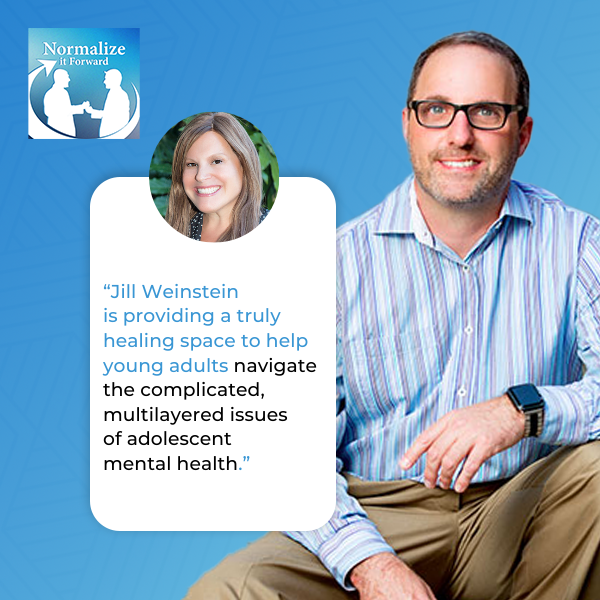
It hit me the other day. I love my husband, but there is a different love with your kids, like physical love. I don’t think he will ever come back to Georgia. There’s sadness because I know this phase of life is over. He’s not going to live in my house again. There’s sadness with that, and then there’s an excited part of me to see him grow and where he’s going to go. He’s such an amazing kid. I love being with him. I love being with my kids. It’s all a bunch of emotion.
You’re speaking right to me directly, Jill. My son finished school in May. For everybody who needs a timeline here, we’re taping this in July. He’s heading to law school.
Congratulations.
Thank you. We’re here in Connecticut. He’s going to St. Louis. It’s the same vibe. We know that they’re going to do great things. That’s fantastic. We’re excited for them, but there is sadness that goes with it. I’m so pleased that you were able to communicate that, and we could share that a bit.
All my kids, I thanked them. I was like, “Thank you, because I would have never experienced this love without you.” I thanked my husband for giving them to me because I would have never experienced this love.
Unpacking The ‘Complicated’ State Of Adolescent Mental Health Today
It is a great way of putting it. It’s amazing. It is beautiful. As parents, it’s our job to be able to get them to this place and let them spread their wings. I appreciate you sharing that. Let’s jump in. Let’s talk a little bit about mental health and wellness. The integration of that and a lot of what we’ve been talking about already, as I’m sure you know, there’s a real surge in adolescent mental health, not in the right direction, particularly on college campuses. Integrating the two topics for a lot of parents, they’re not necessarily understanding what mental health and wellness are like for adolescents and teens as they’re growing today. Can I ask you the huge question?

Yes.
How would you describe the mental health and wellness of teens today?
The first word that pops to mind is complicated. Everything feels more complicated. There are more layers to it. I think back to when I started the program several years ago. Those kids versus the kids who are joining my program now are very different. The kids now are more complicated and have more levels of issues and more dysfunction within the family. Several years ago, it was still complicated, but it didn’t feel like there was so much more going on. It was more straight anxiety or depression. Now, you have so many more layers.
Complicated covers it.
That’s the first word that popped into my mind. That’s what it feels like.
That’s a good segue. Tell us about Ignite, the program.
Thank you. I’ll give you the long story of it. Alyza Berman started The Berman Center. She had a client who was living in a sober living. The client wanted to come home for the Jewish holidays. The sober living was like, “No, you can’t.” Her parents brought her home anyway. The client ended up overdosing and dying. She found drugs online, overdosing and dying. It didn’t have to be like that if maybe some things were more in place.
Alyza was also working as a Clinical Director at another intensive outpatient treatment program and saw some of the unethical things that were going on in the mental health world. That could be a whole other show. She is very much like, “Jump in.” She had to do something. She started The Berman Center, an intensive outpatient treatment program for young adults, for those eighteen and over.
She wanted a place that is culturally competent. Anybody can come. It doesn’t matter who you are. You are more than welcome to come. She created this space based upon Jewish values, but you don’t have to be Jewish. It’s all about community and connection because that’s what heals people. Alyza and I have worked together forever. Our families are best friends. I was working at a private school in Atlanta. I saw an increase in anxiety and depression.
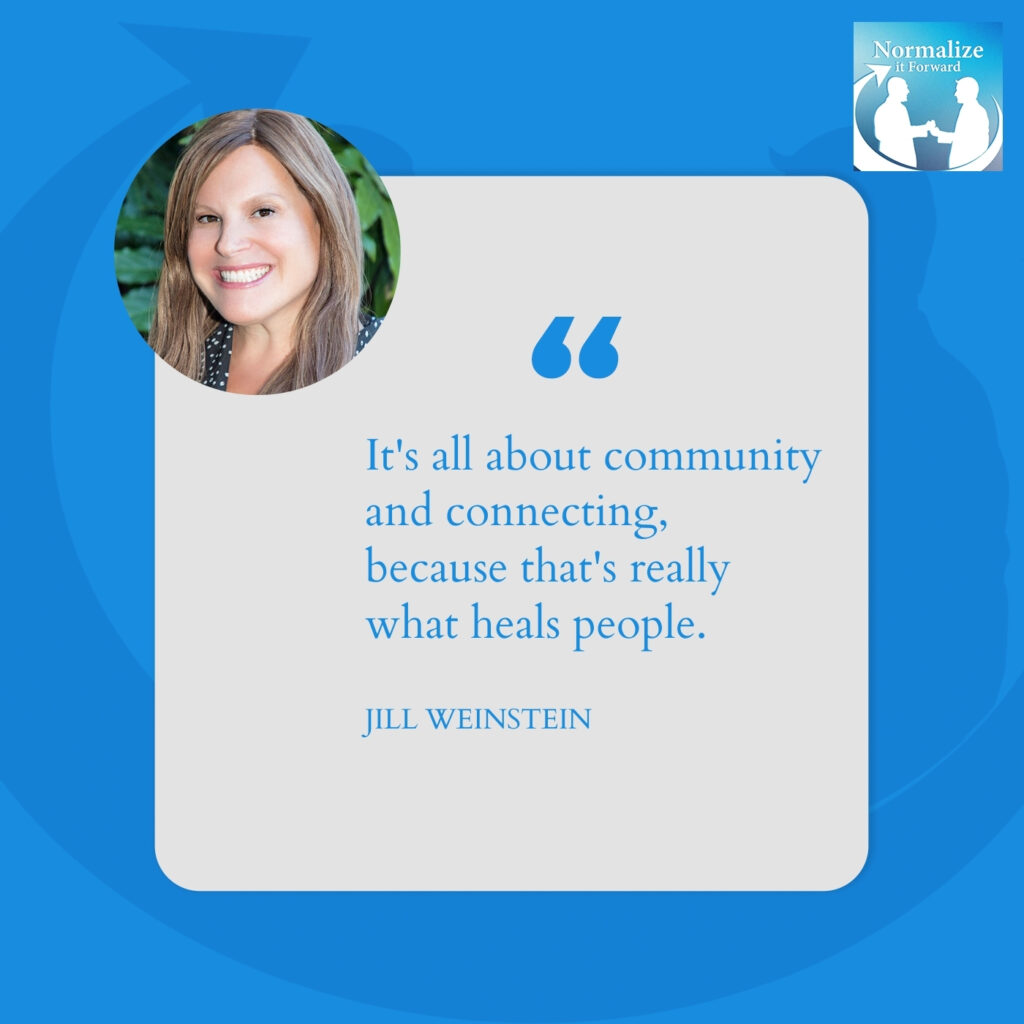
At that time, these amazing kids would leave school. They would go to alternative schools, but they would never get their clinical needs met. At that point, I was like, “I feel like we need to do something for adolescents.” Each year, when I was working in the school, I could see the increase in anxiety and depression, and kids leaving school. She had this space. I came to her. I was like, “You have the space.” Her program at that point was only from 10:00 to 1:00.
I was going to create a program that was after school, because the pushback, sometimes working with families, is after school. They could still stay in school and would come to me from 4:00 to 7:00. She had this space. I was like, “Why don’t we do this for kids?” I jumped into it and created a program after school for kids, always being mindful that they are in school. We collaborate a lot with the school. We now have a partial hospitalization program that has an amazing school program that will help the schools and help the kids stay on track. It’s been amazing.
That’s unbelievable.
It’s pretty crazy.
You’re simplifying it, but I know better. There’s a lot that goes into this.
It’s a crazy story for me to think about. My therapist will say to me, “Jill, you created the program that you needed as an adolescent.” I struggled growing up with trichotillomania and OCD. Obviously, anxiety and depression go with that. I didn’t realize that creating this program, how healing it would be for me, and my own inner child. To be able to give to these kids is probably what I needed as a kid, and to create a healing space for them has been my life purpose.
You do some amazing things. I joke sometimes with my family and say my Christmas is in May because my program is mostly college kids. Every May, I get these pictures of kids who graduated. They’re in their gown. Their parents are smiling from ear to ear. Every single time, that was a kid who we didn’t think would make it, and they did. You just know. When you have a hand in that journey, it doesn’t matter how big or how small, you know that their life has changed. That’s amazing. I’m thrilled for you guys. I’m thrilled that there are so many adolescents being helped in your area. It is a huge issue.
Families that have their ear to the ground understand that. A lot of families get to college, for example, and do not recognize how big an issue. You were commenting on it earlier. I want to come back to it if I could for a minute. This world is moving so fast. For lots of us who have been to school years ago, we look at kids going to school now. We know it’s different. You’ve been through the journey. We know the intensity to get into the school.
Proactive Parenting: Tips For Managing College Transition Stress And FERPA
It’s unbelievable. When you get there, it’s maintaining that because there are lots of kids who don’t end up staying. You’ve had lots of adolescents and their families come through your program. When you think about tips, suggestions, or things that you find yourself saying to lots of families to help young people manage their daily stressors better, what comes to mind?
Especially kids who I’ve worked with, I don’t want to say they’re at greater risk, but there’s a big transition when you’ve been in a program for mental health. I always tell parents, “Be mindful of that because that’s a big struggle. It’s triggering. Things could come up again.” The benefit is that they have all these skills now. What I tell parents is to always have an open, honest conversation with their kids about going to college and having check-ins with them virtually. See what’s going on. Set up support at school, whether it’s through the college counseling, having a therapist that they can go and see, or virtually setting up that support for them and checking in with them.
Having those conversations is helpful. If they need accommodations, when it comes to schoolwork and things like that, it is about helping them put those things in place. I went to the pediatrician with my son. I have no say in anything. He has to sign the form so I can talk to the pediatrician. It’s making sure that you have all of that in place. If your kid has had a history of struggling, not to say they’re going to struggle, it’s just putting things in place. It’s scaffolding. It’s putting it in place. In case things do go on, you’re there to help.
You are being proactive.
It’s thinking ahead. Mel Robbins had a quick little thing about the first month of college. It is going to be hard. You’re going to run and run. You’re going to think it’s not right for you. All these feelings and emotions are going to come up. It’s knowing that. You don’t know your schedule. When you’re living at home, you know where you get your coffee or where your friends are. You have to reestablish all of those normalcies again. It takes time for that to feel normal. It is having those conversations with kids that it is normal to feel this way.
I can’t tell you how many kids have said to me over the years, “It’s been thirteen years since I’ve made new friends.” I want to throw in, too, in case, MamaBearLegal.com for families that are reading. It is a great site. If you’re interested in getting what’s called a FERPA, and I won’t go into the details, but as you were mentioning before, Jill, when kids turn eighteen, schools will not talk to you about financial, academic, and health stuff unless you have a FERPA in place. Go on there. Talk to your student about it.
If they agree, it’s a nice, easy way. I’ll give one example. A lot of families are shocked when they’re writing the check to the school, and then there’s an issue. It’s like, “I’ll call the bursar.” They call the bursar. They’re like, “Ms. Weinstein, it’s nice to talk to you, but you’re not the student. I can’t talk to you.” You’re like, “I pay the bill.” Little shifts and changes happen for us as parents and for them. I appreciate you bringing that up.
I agree. Have open conversations with kids and a recognition that the first few months, the first semester, are going to be challenging. It’s going to be topsy-turvy. I equate it to the learning curve at a part-time summer job. You don’t get everything down in an hour. It takes you a little bit to understand the job, everyone’s names, and all of that. This is on a larger scale. It’s going to take kids and parents.
As a parent, it’s hard. When I worked at a day school, new kids were always coming in. They start school in August. We start school early down here. It’s crazy. Some kids are already back in school. From August to October, I would always remember that around Halloween, most kids would find their groove and their friends. Those who didn’t, that’s when, as the school counselor, I would try to step in and do behind-the-scenes things to help connect them.
It’s probably the same with college. It takes some time, but then it’s also on the parents and knowing it. I know it’s going to be hard when he calls me crying or calls me upset. I know that I have to regulate my own emotions, take some deep breaths, and be like, “He will be okay.” Here’s the end. If it doesn’t work out, and if this isn’t the school for him, he’s not married to it. It’s very easy to find another.
It’s not prison. You can leave.
We’ll figure it out. That’s part of life. The biggest thing as parents is knowing you’re going to get those calls. It’s going to be hard. They’re going to feel left out. They’re going to be frustrated. How do we manage our emotions around those conversations, because it’s hard?
One of the hardest parts of parenting is knowing the tough calls will come — when they're frustrated, left out, or hurting — and learning how to manage our own emotions while supporting them through it. Share on XI like what you said. You should err on the side of predicting they’ll happen. That’s typical. I’ll give you a piece of advice.
Yes, because you’ve gone through it.
A good friend of mine gave this to me. It helped. He has a couple of older daughters. He said, “This is what they’re supposed to do. This is what we’ve prepared for. This is the big dinner. We’ve prepared for this. As hard as it is not to have them in our house as much as we miss them, it allows them to grow in a way.” I can say this. I’ve had students who go to school locally and stay home. There’s nothing wrong with that. Commuting is fine. There’s nothing wrong with that. I’ve had A/B tests in front of me forever, my entire career.
I’ve watched kids go off to school before I did virtual work. They go off to school. I see them three months later. They’re different kids. They’ve grown and matured because they’ve taken care of themselves A to Z. I know it sounds silly, but doing your wash, bringing yourself to the dining hall, making sure you’re getting your work done, and all of that, it grows a kid up. I’m excited for you and your family. It’s an awesome journey. As I said, I’ve been through it.
Congratulations to you on law school. That’s exciting.
Reframing Self-Care: Finding Daily Moments Of Awe And Joy
Thank you so much. I appreciate it. Let’s shoot over to a different topic, but related. Self-care is a buzz phrase that you used a lot. I had my own definition of it, but I’m curious. You treat adolescents. I’m sure that’s a topic that comes up a lot. What does self-care mean to you?
I always think about and explain self-care. It’s doing something every single day. It doesn’t have to be an hour long, but something that makes you feel in awe. I go outside, and I look at the trees. I’m like, “That’s a beautiful bird.” That feeling of awe connects us to something bigger than us. It can come in different ways. It’s taking those few moments to find awe or joy. It’s so easy to forget about and to go through our days.
We’re so busy. We’re onto a million things, but it’s also then teaching your kids, which will help them in college, taking those little moments, whether it’s gratitude or that awe moment to ground yourself. You’re right. Self-care is big. When we talk about it, it feels like it has to be an hour. We need to go to the spa. We need to do all that kind of stuff. That part is great and amazing. It’s about doing the little things. It’s like why you brush your teeth. That’s self-care. If we look at mental health self-care in a different way, just like why we brush our teeth 2 to 3 times a day, it’s the same thing. You’re taking care of your body.
It’s a great point. I actually said that a lot to family. It’s funny you brought that up. When you and I talked offline before this, and you mentioned you were taking your kids out to lunch, you had that look on your face. Self-care comes in those forms where you’re like, “I’m spending some time with people I enjoy,” even if it’s moments. I love what you said. We’re role modeling that for our kids. That will teach kids in so many different ways, things like gratitude, appreciation, and slowing down. We’re all on this super fast-paced track.
You think about how COVID did teach us because we couldn’t go anywhere to slow down, but I don’t think any of us have held on to that. My kids slowed down, but I was still working and doing virtual. It was different. Not that I miss those times, but the slowness.
It was simpler.
I’m all for it.
Social Media’s Impact: Teaching Healthy Relationships To Teens
This may be a can of worms, but I’m going to ask you about it anyway. It comes up so much with me and the families that I work with. You mentioned COVID. Two huge things that have impacted anxiety and depression in teens in the last several years have been COVID and social media. I’m wondering, in general, about your experiences and your thoughts on the connection between social media and mental health.
I definitely think there is a correlation. I sometimes push back when we’re like, “Poor mental health is because of this.” I don’t. There are great things that come out of social media. It’s all in moderation. It’s like back in the day, when it was like, “No red dye or no sugar.” You’re going to have sugar. Nothing good. Your kids go to college. They’re going to sit and eat, or they go to a friend’s house, and they eat sugar all the time.
There are great things that come out of social media. It's all in moderation. Share on XIt’s teaching people how to have a healthy relationship with things, social media being one of them as well. If you sit and scroll for hours and hours, you don’t feel good. I understand it’s also a way to zone out. It’s having these conversations with people about what it is doing for your mental health and teaching them to have a healthy relationship. If I’m going on sites that show these super thin women, it is how I feel about myself, and having talks about it.
As adults, what are we modeling to our kids? If I’m getting home from work and I’m scrolling on my phone, they’re going to do the same thing. If I sleep with my phone at night, they’re going to do the same thing. It’s having those healthy conversations. Social media plays into it. When I was growing up, if there was a party, I had no idea. When there’s a party, and you’re not invited to it, it is about talking to your kids, “That feels hard. It feels bad,” and validating what they’re feeling.
You make a great point. In many ways, I jokingly call them adult pacifiers. As a baby, lots of parents will give their kids pacifiers to help them soothe. What I do with young adults is I watch some young adults misuse them. They’re overusing them. They’re using them in ways that, unfortunately, impact their actual socialness. You and I are sitting. We’re talking face-to-face through virtual means. I can’t tell you how many kids I role-play with going to college at eighteen, because I know that having these kinds of conversations is hard.
It’s almost like from our generation to theirs, the small talk of, “What’s the weather like? How are things going? What’s new?” That doesn’t happen much anymore. Those connections, unfortunately, I see them being impacted by social media. A young person said to me, “I’m going on a social media cleanse.” That’s the first time I’ve heard that phrase, but that’s great. I’ve done it myself. If you’re not sure individually how social media is impacting you, take a full seven days off.
You’ll see. You know. It’s learning where your boundary is. Where’s your line? What is it? It’s also funny to see what you thought. I get some great articles out of social media. You connect with people you haven’t seen in forever. That’s the positive. It’s the relationship. When you take a cleanse, I’m sure you’ll see.
It’s amazing. You also find that you didn’t miss much. You didn’t miss anything, actually.
No, you probably read more.
Old school, pick up a book. Good stuff. It’s been awesome connecting with you, Jill. I appreciate the work you’re doing.
Thank you. You, too.
Thank you. Those down in Atlanta, look up Jill and her program because it sounds like you guys are doing some awesome things with young adults. I could put you on the spot real quick before we finish and ask that. The way I created Normalize It Forward was that I wanted the conversation to keep continuing. I’ve had some amazing conversations, as I did with you, as well as with other individuals. What I usually ask is for someone to nominate a friend, a coworker, or a relative that you think would be helpful to interview next. Does anybody come to mind?
There are so many. One popped in, a former client, but I can’t break it.
It’s okay. How about this? How about you think about it? I’ll get information from you offline if there’s information I can get from you. We’ll get them on the show as soon as possible. How’s that? Sound good?
That sounds great.
You Are Not Alone: The Power Of Community And Connection
Jill, to give you the final word, is there any message you have for families? You’re talking to lots of families that are tuning in to this show. Is there any message you have for families, moms, and dads who are struggling with adolescence nowadays?
One, you’re not alone. I know it feels like you’re so alone, especially if your child is not on the traditional track. You’re not alone. It is for parents to seek out supportive people in their community, because sometimes, we struggle alone in isolation. You don’t need to be in isolation. There are those communities out there to connect to. That goes back to our program. Connection is the opposite of depression. It heals you tremendously. Find your support. You’re not alone. It’s like riding the wave. It feels hard, but you’ll get through it. Have your people by you.
Connection is the opposite of depression. It heals you tremendously, so find your support. Share on XI would add one more thing to that, Jill. Not only are they not alone, but if the parents don’t believe us, google it. The statistics show that the majority of kids nowadays are struggling with mental health issues. When you think you are alone, Google actually has its positives. You can look it up and take a look. It’ll make you feel good that this isn’t something specific to your family. Lots of kids out there are struggling.
When you get to a point where you open up, sometimes you’re shoulder to shoulder at a soccer game, or you’re talking to a neighbor. You find out, “I had no idea they had those struggles going on in their house.” Lots of people don’t tell each other. When you make that connection, it is amazing. Jill, thank you so much for your time, your energy, your thoughts, and your expertise. It was awesome having you on.
Thank you so much.
Have a wonderful rest of your day.
Thank you.
Important Links
About Jill Weinstein
 Jill Weinstein, LPC, RRT-P – Mental Health Professional & Clinical Director Based in Atlanta, she is a licensed professional counselor with over 20 years of experience working with adolescents and families on issues like anxiety, depression, eating disorders, and OCD.
Jill Weinstein, LPC, RRT-P – Mental Health Professional & Clinical Director Based in Atlanta, she is a licensed professional counselor with over 20 years of experience working with adolescents and families on issues like anxiety, depression, eating disorders, and OCD.
She co-founded and serves as Clinical Director of Ignite, an adolescent mental health program at The Berman Center, emphasizing holistic, family-involved care and incorporating mindfulness, yoga, CBT, positive psychology, and experiential therapies.
Reading about mental health is hard. Let’s schedule a free consultation.

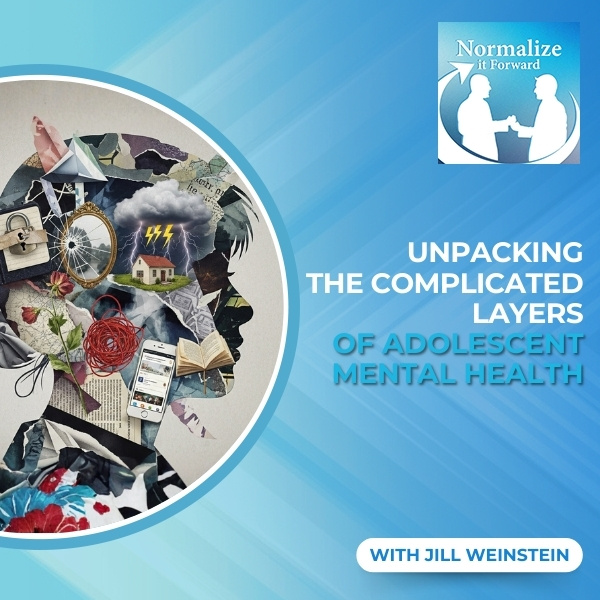
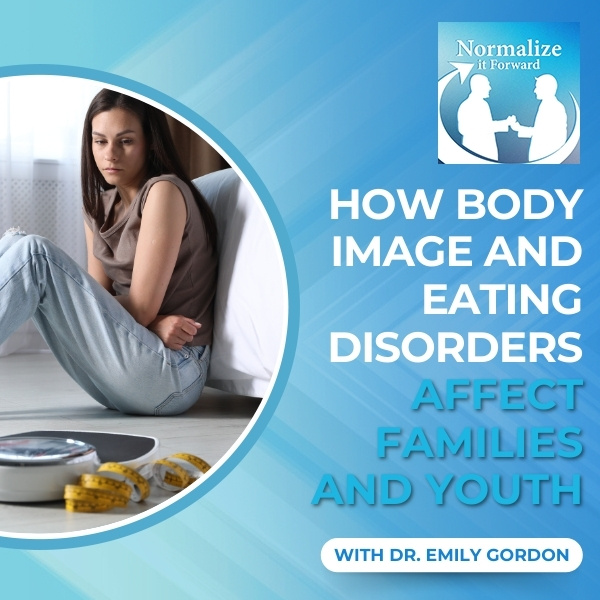
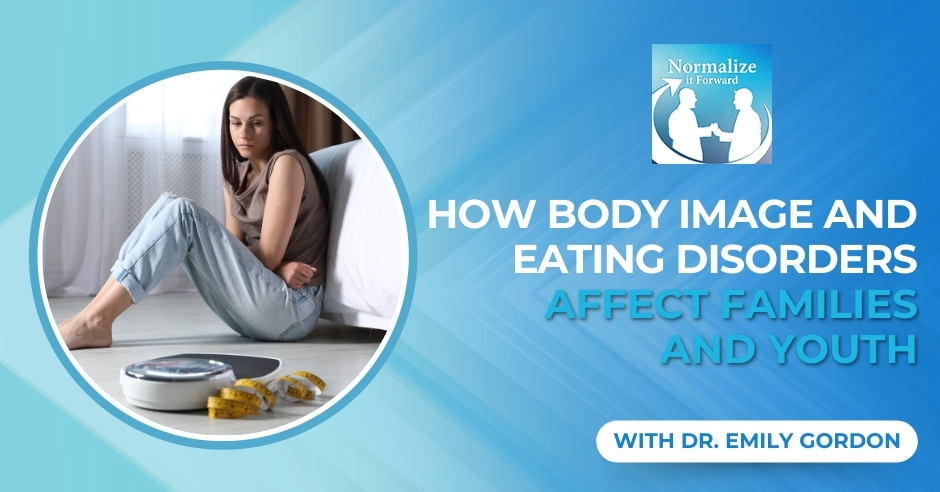
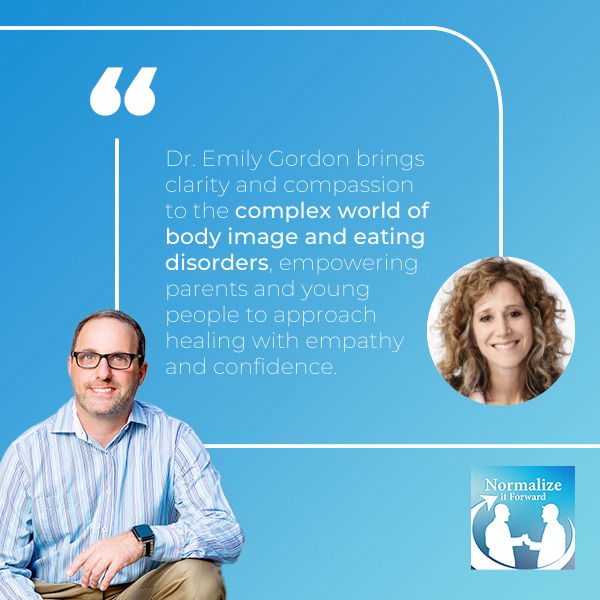
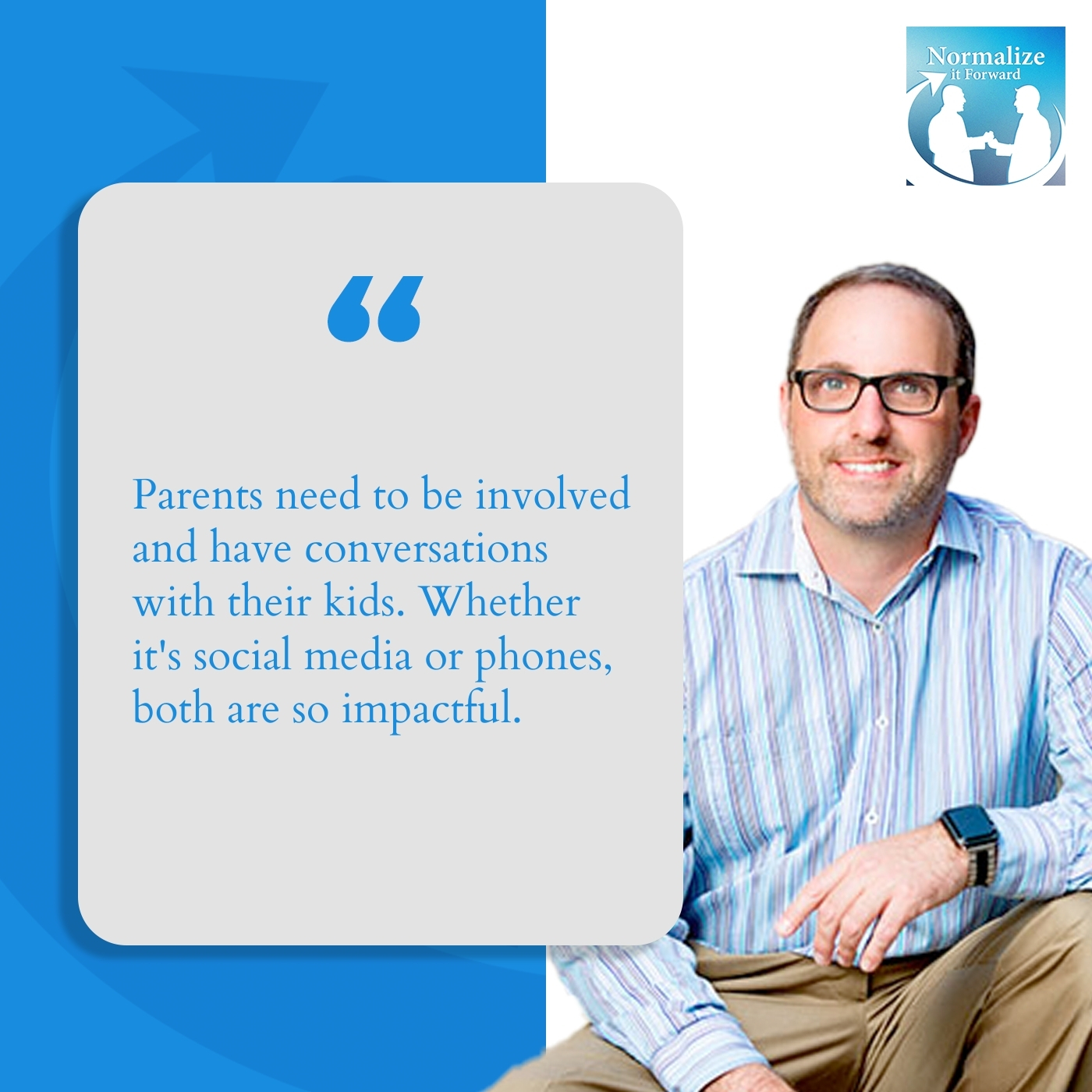
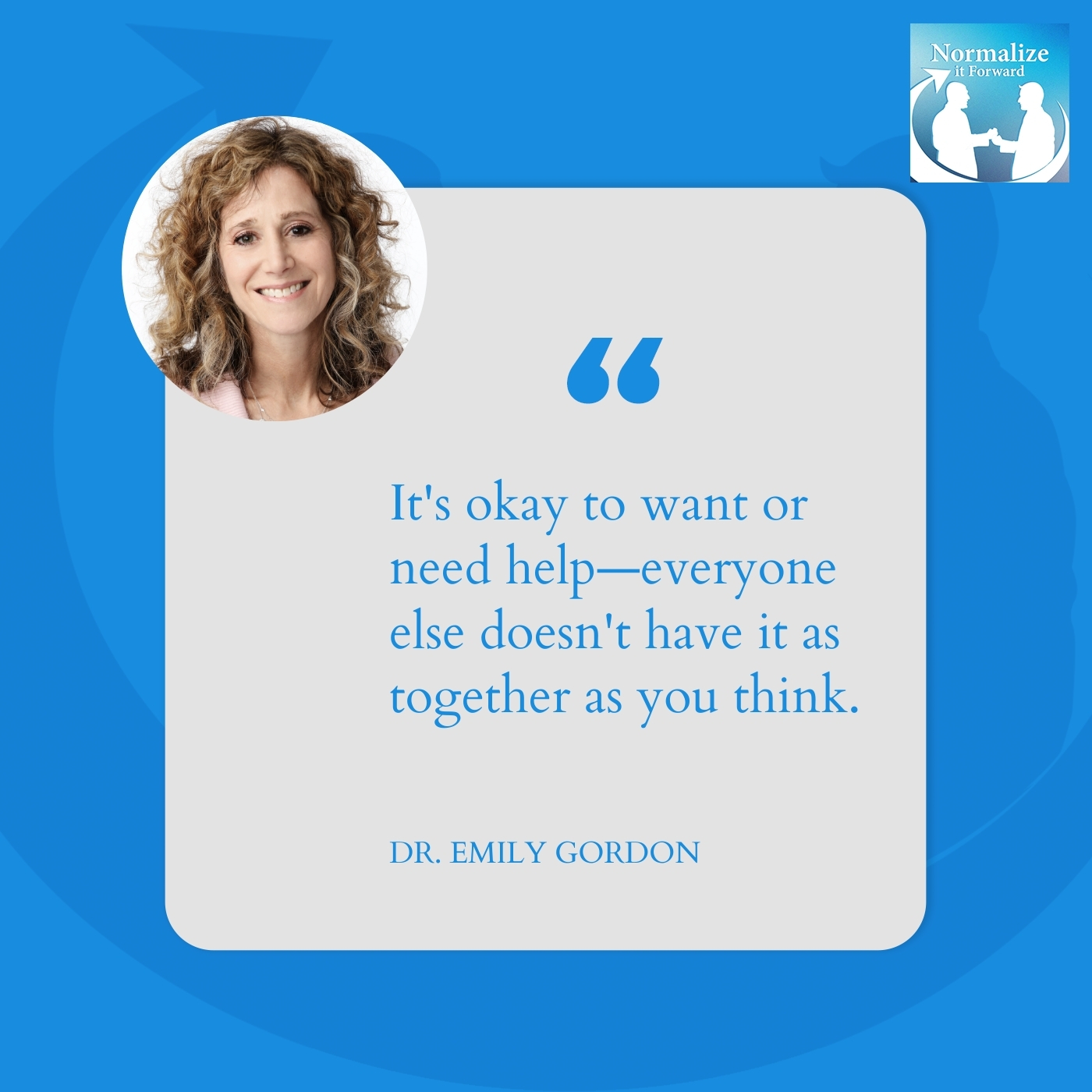
 Emily Gordon, Psy.D., is a licensed clinical psychologist with almost 25 years of experience. Dr. Gordon maintains a private practice in Natick, Massachusetts, where she provides therapy, supervision, consultation and psychoeducation.
Emily Gordon, Psy.D., is a licensed clinical psychologist with almost 25 years of experience. Dr. Gordon maintains a private practice in Natick, Massachusetts, where she provides therapy, supervision, consultation and psychoeducation.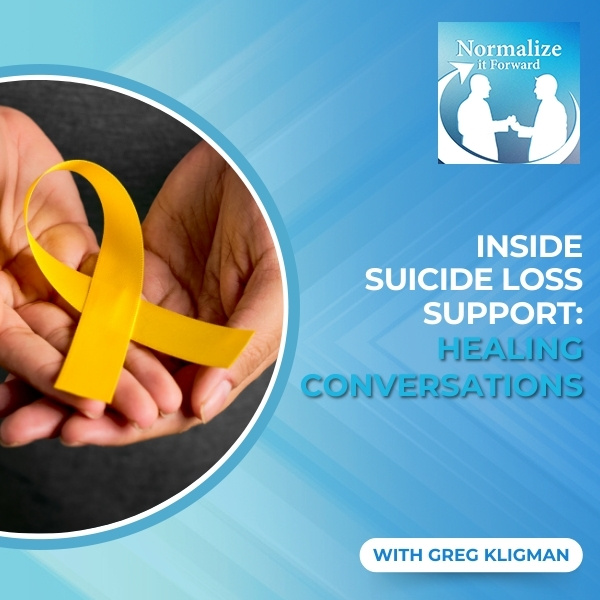


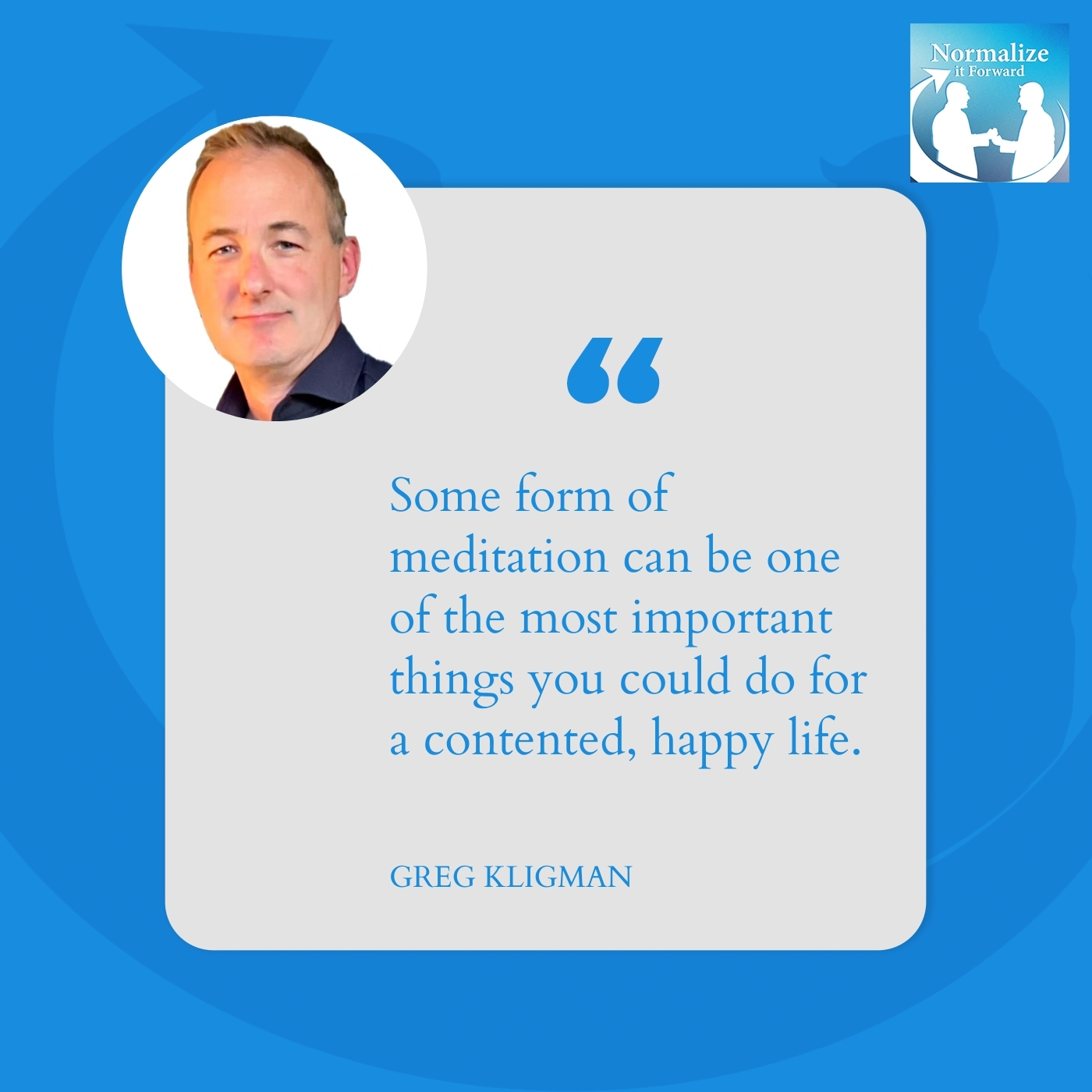
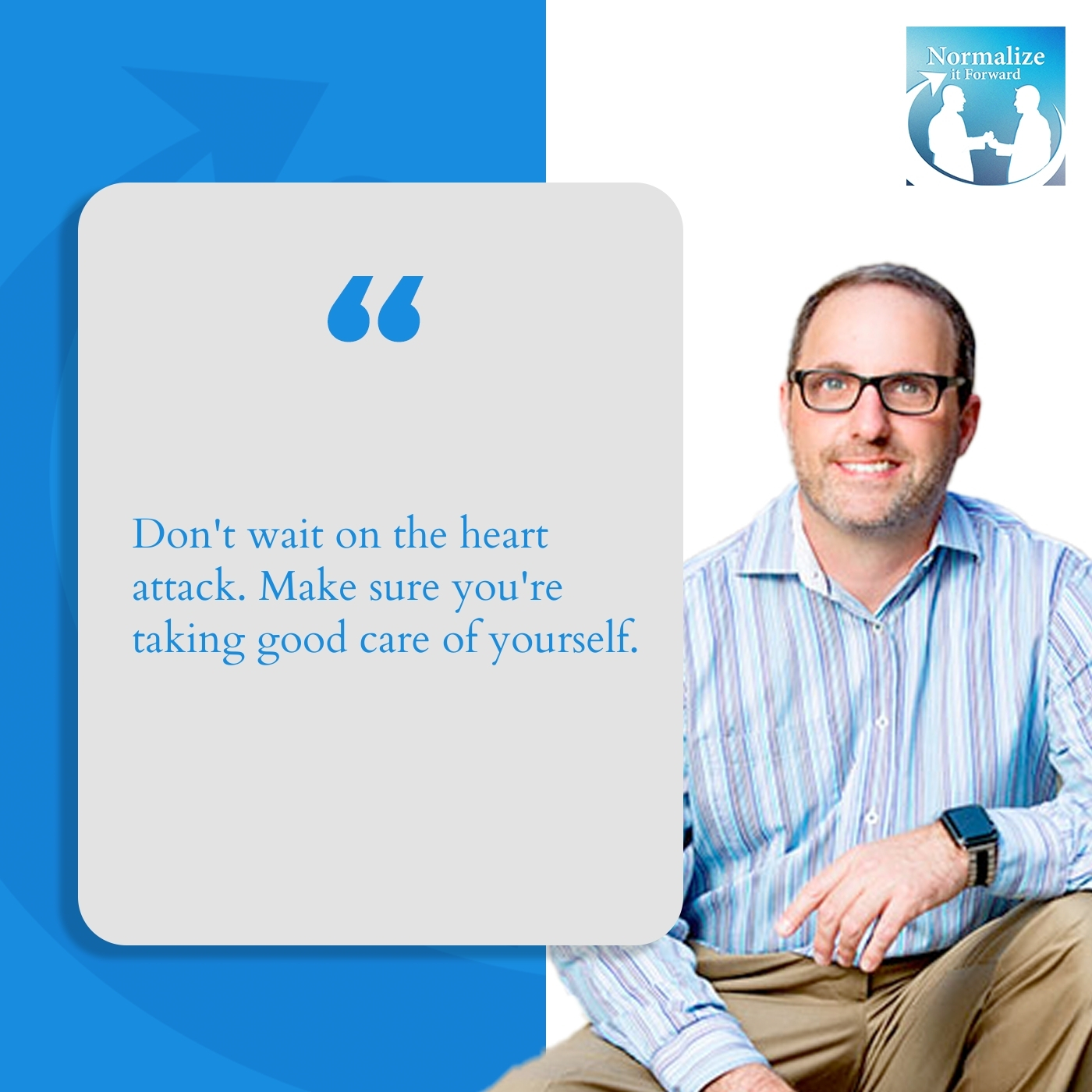
 A certified coach with the International Coach Federation whose path into coaching grew out of years of professional and volunteer experience. Greg spent four years at Amazon Web Services, beginning on the employee engagement team before moving into leadership development—where his coaching journey truly took off. Prior to that, he worked in sales for a communications training company, helping people sharpen their presentation, writing, and on-the-spot communication skills.
A certified coach with the International Coach Federation whose path into coaching grew out of years of professional and volunteer experience. Greg spent four years at Amazon Web Services, beginning on the employee engagement team before moving into leadership development—where his coaching journey truly took off. Prior to that, he worked in sales for a communications training company, helping people sharpen their presentation, writing, and on-the-spot communication skills.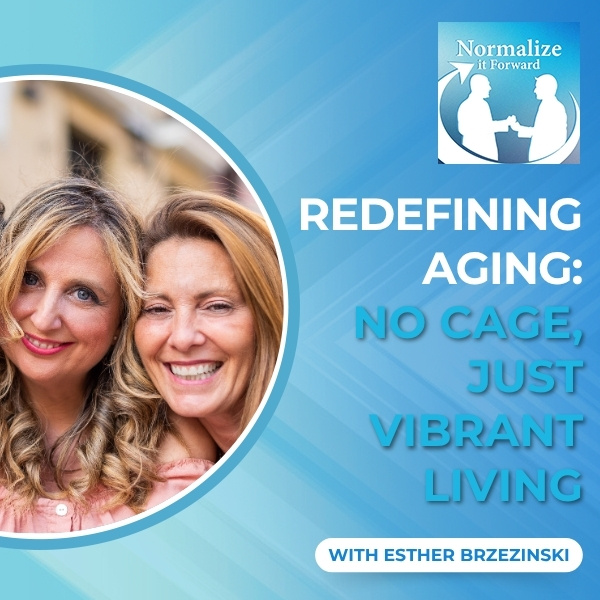
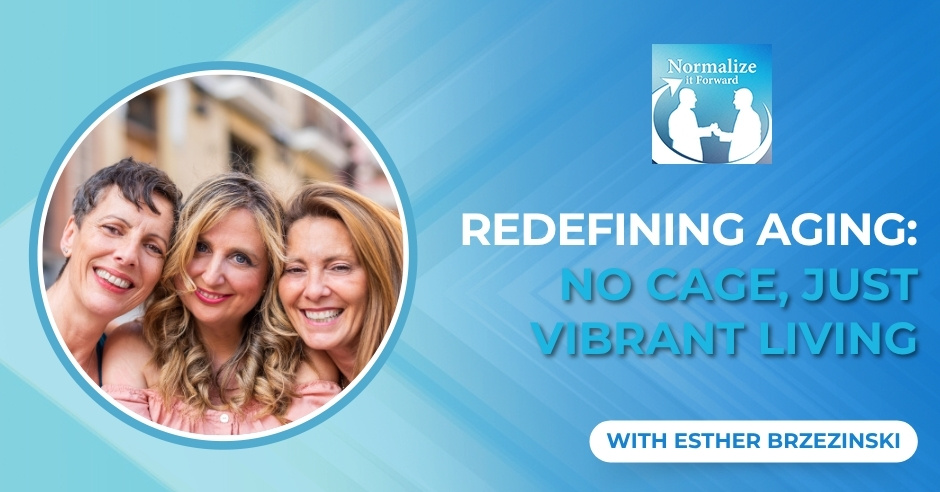
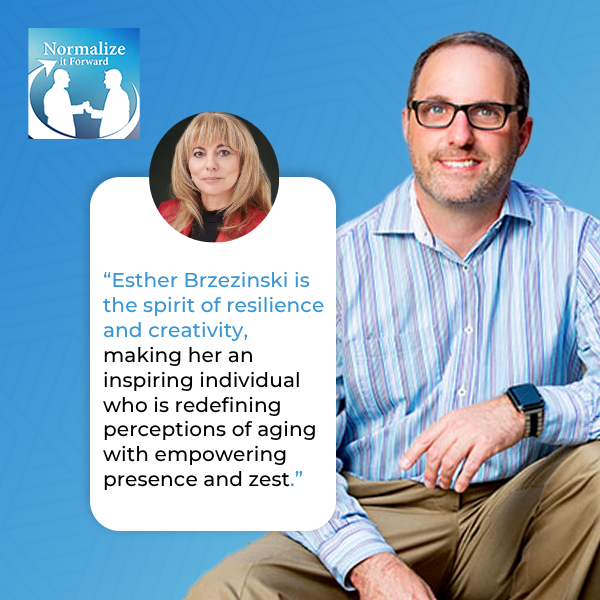
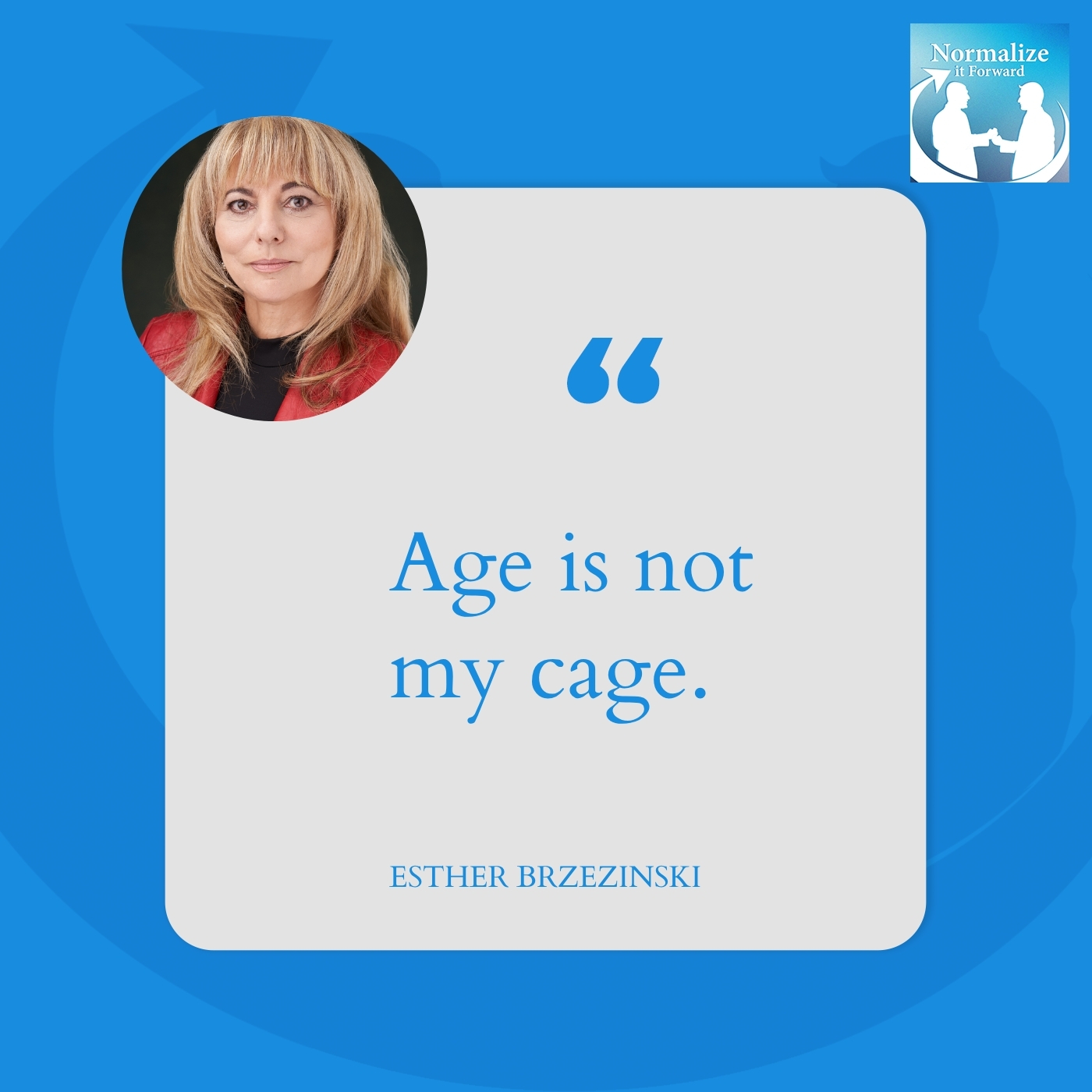
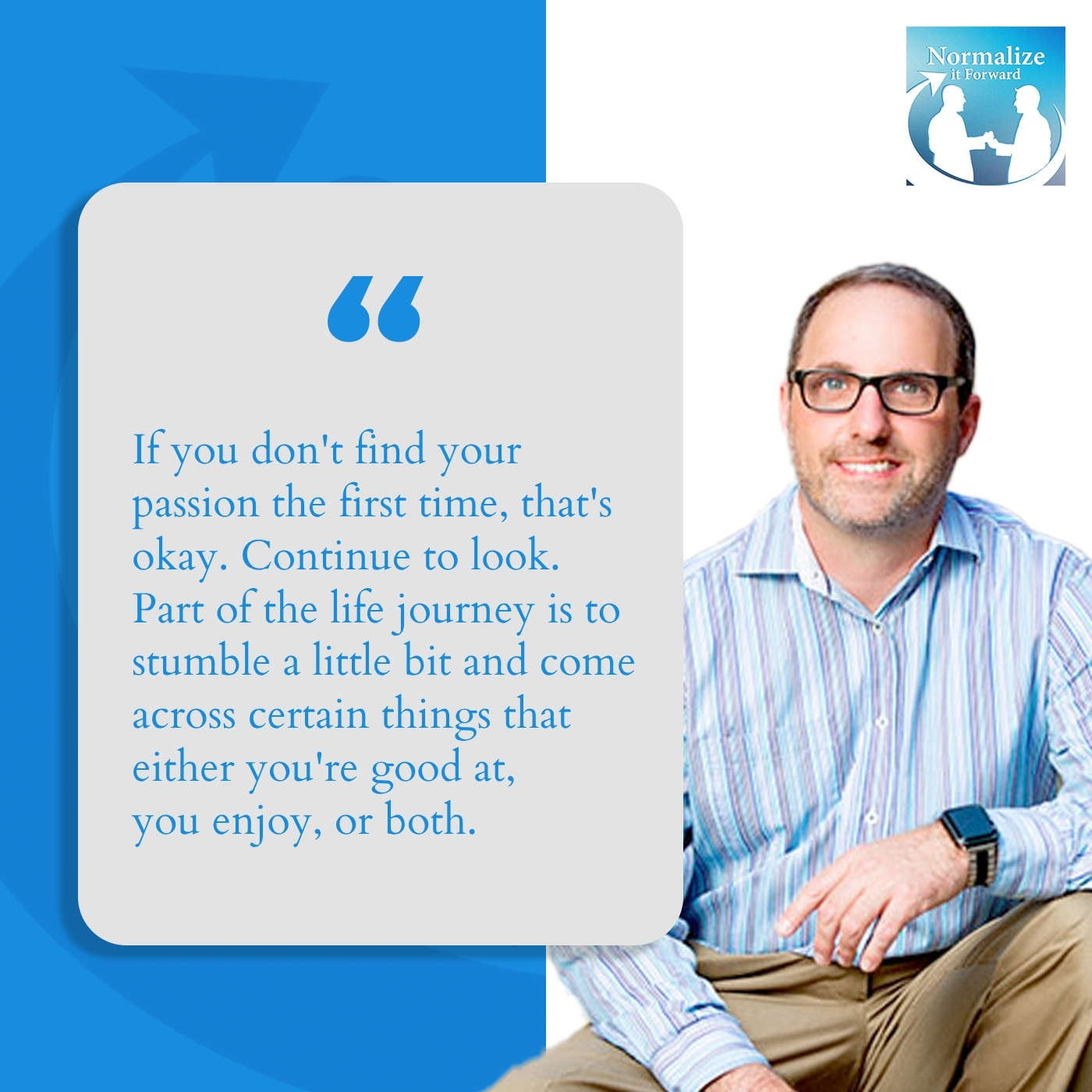
 Esther Brzezinski is a dynamic actor, voiceover artist, and content creator based in Montreal, Canada.
Esther Brzezinski is a dynamic actor, voiceover artist, and content creator based in Montreal, Canada.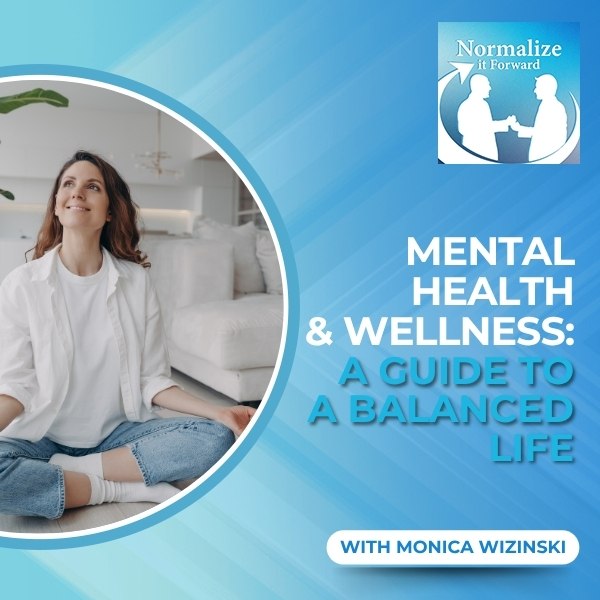
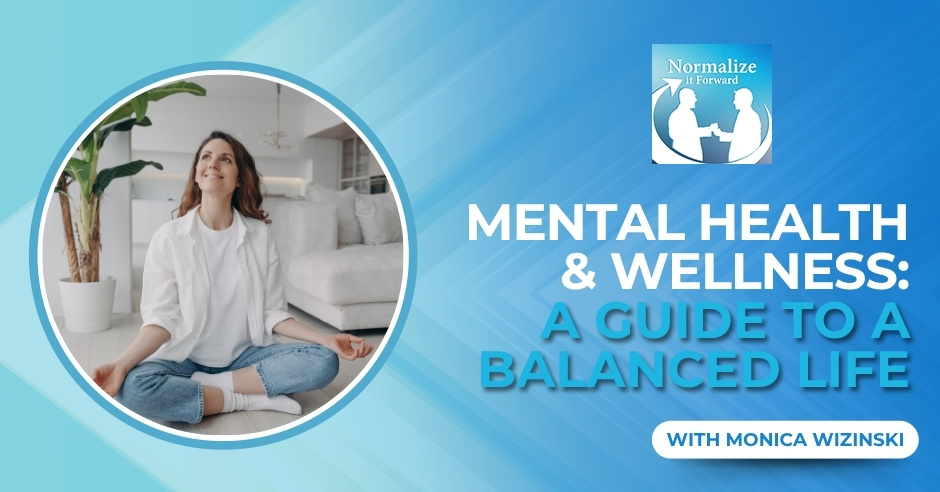
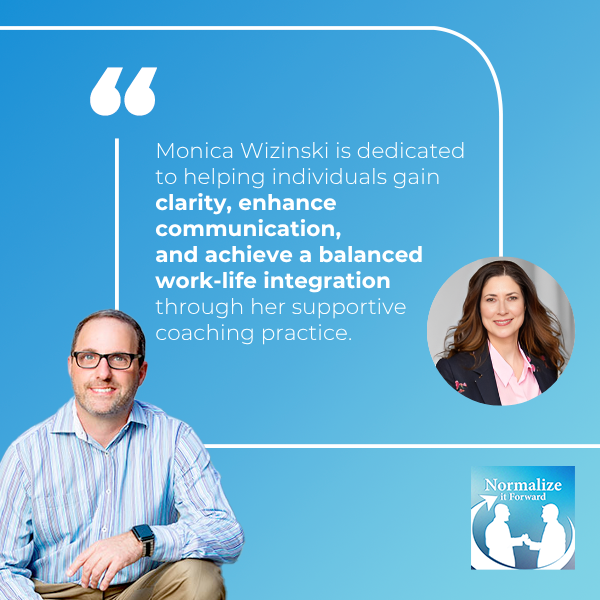
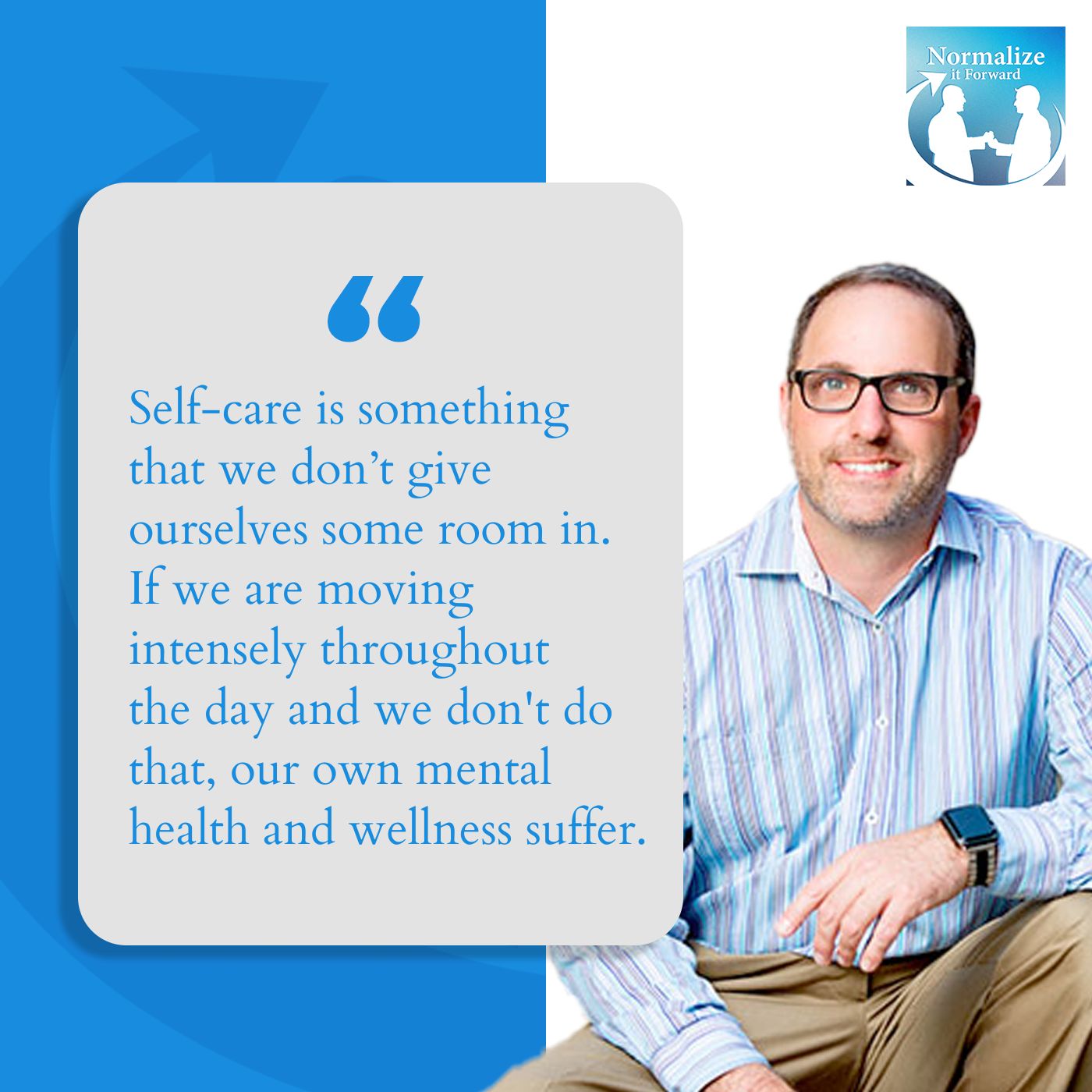
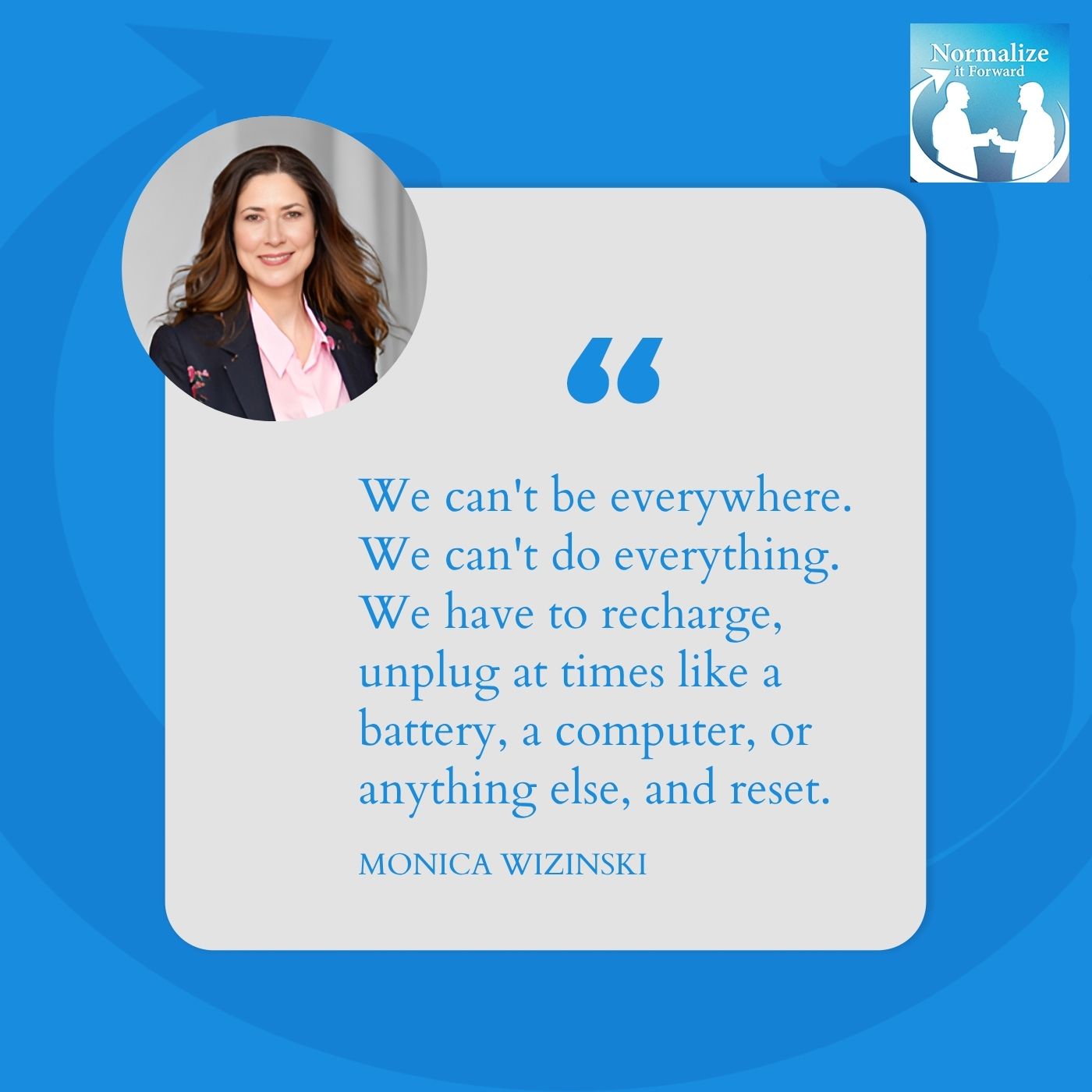
 Monica Wizinski is a professional coach specializing in personal growth, conflict management, and organizational development. With a background in mediation and deep-listening techniques, she is dedicated to helping individuals gain clarity, enhance communication, and achieve a balanced work-life integration.
Monica Wizinski is a professional coach specializing in personal growth, conflict management, and organizational development. With a background in mediation and deep-listening techniques, she is dedicated to helping individuals gain clarity, enhance communication, and achieve a balanced work-life integration.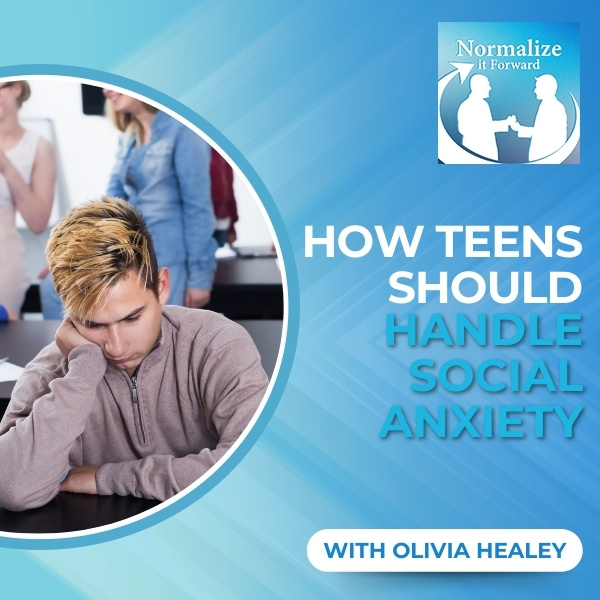
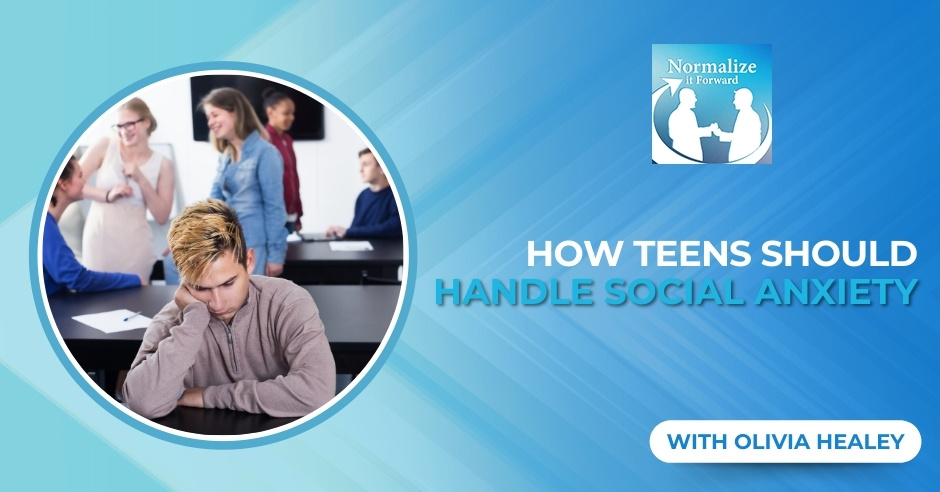
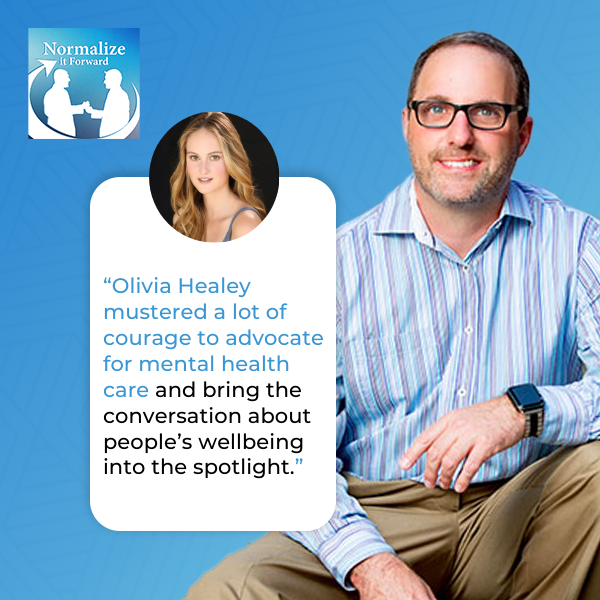
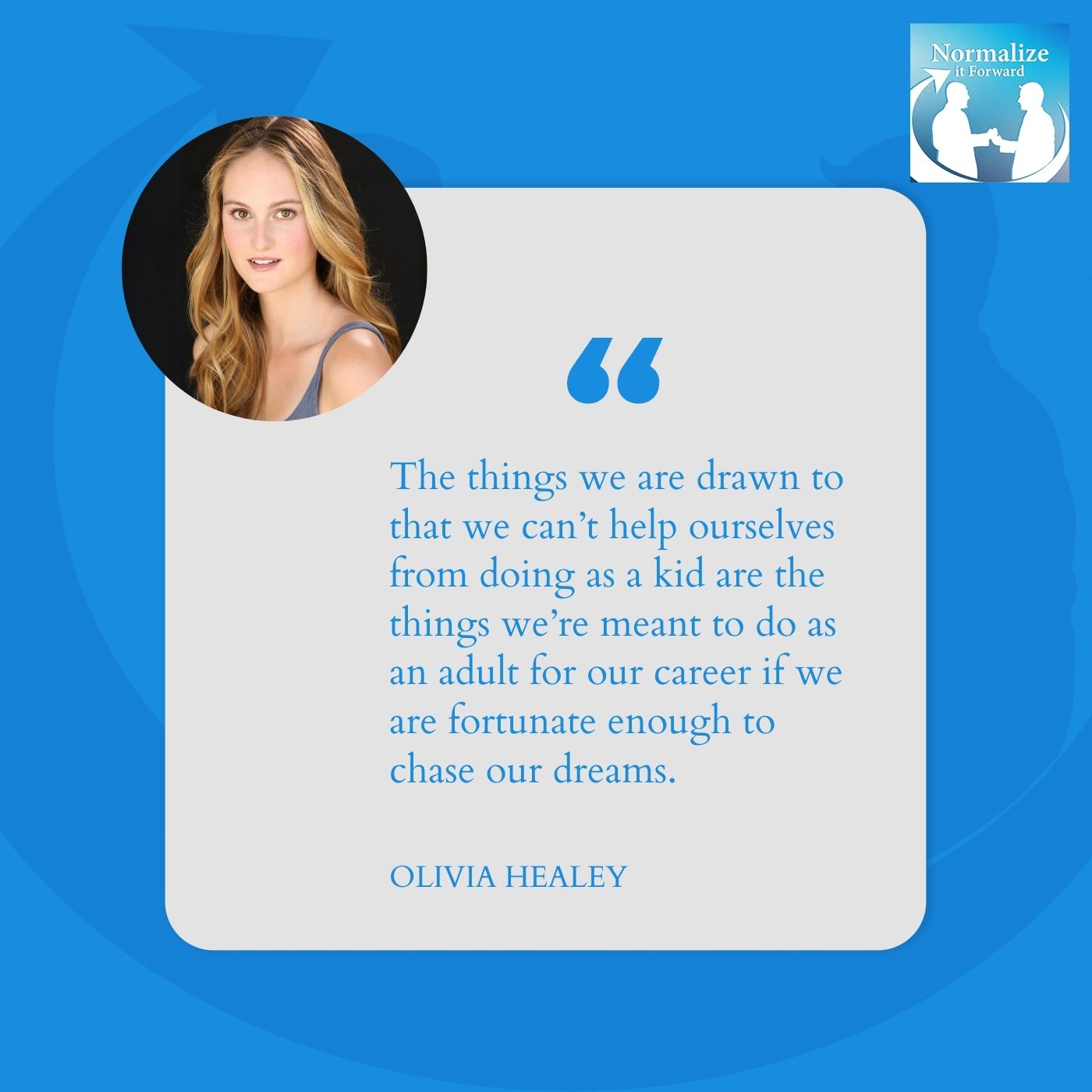
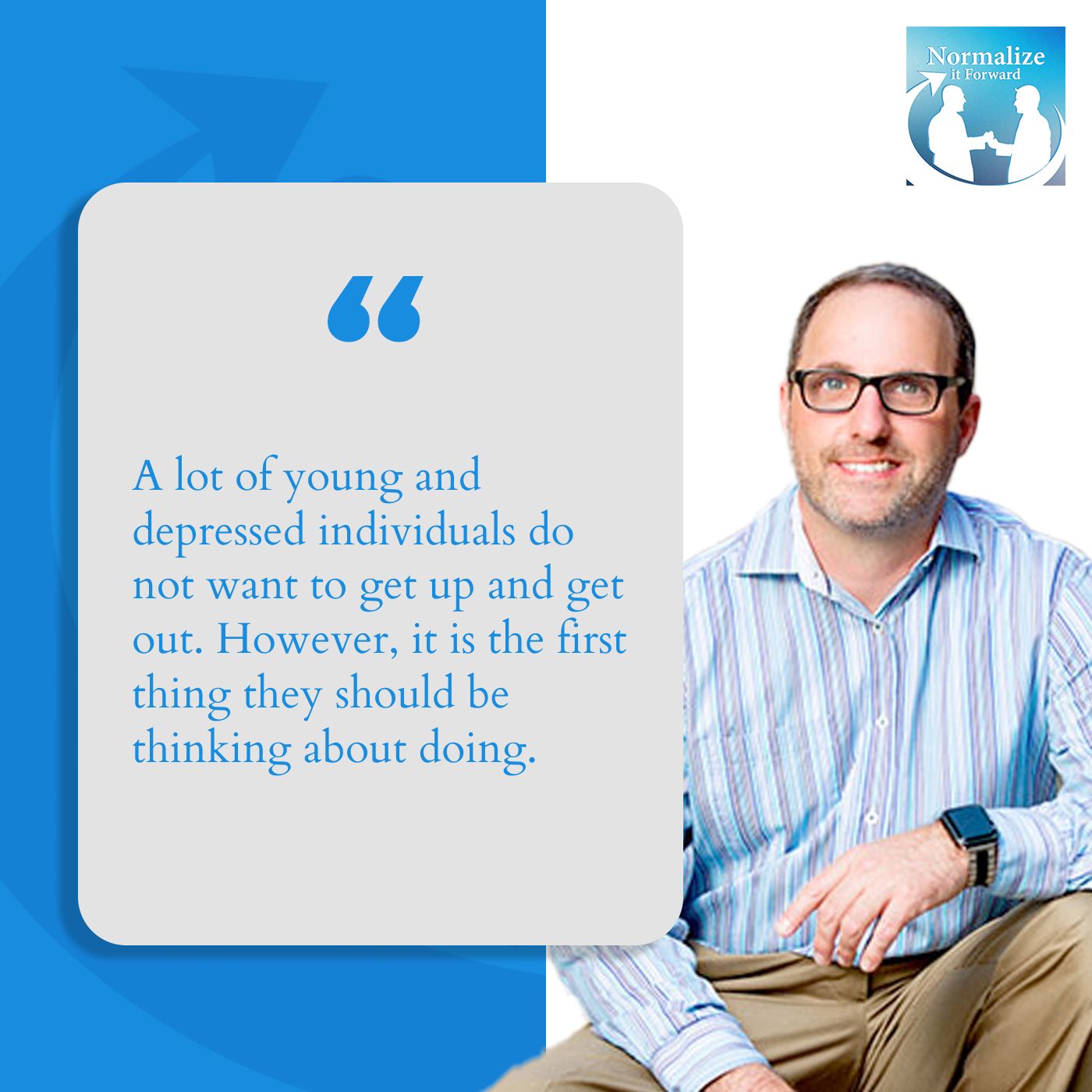
 Olivia Healey first discovered her love of storytelling at the age of 10, when she played Juliette in Madeline’s Christmas at the Horizon Theatre in Atlanta, GA. She pursued theater for six more years, before realizing the depth to which she could take her craft in front of the camera. Since then, she’s appeared in various feature films (Grounded, The Family Plan, etc) and moved to Los Angeles to actively pursue her career in acting.
Olivia Healey first discovered her love of storytelling at the age of 10, when she played Juliette in Madeline’s Christmas at the Horizon Theatre in Atlanta, GA. She pursued theater for six more years, before realizing the depth to which she could take her craft in front of the camera. Since then, she’s appeared in various feature films (Grounded, The Family Plan, etc) and moved to Los Angeles to actively pursue her career in acting.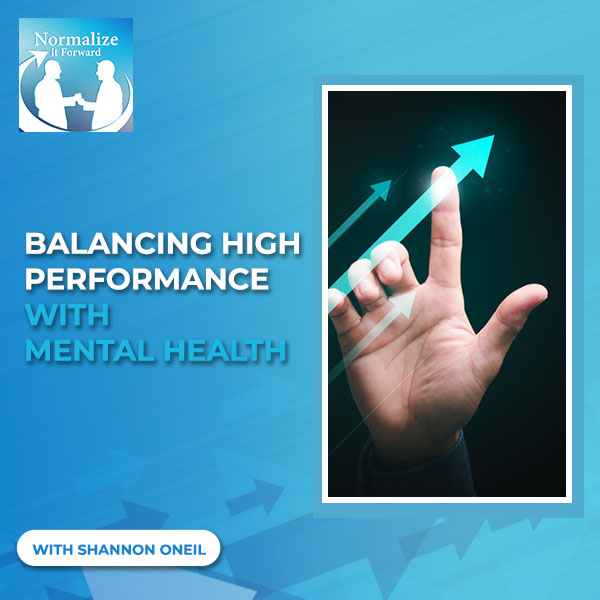
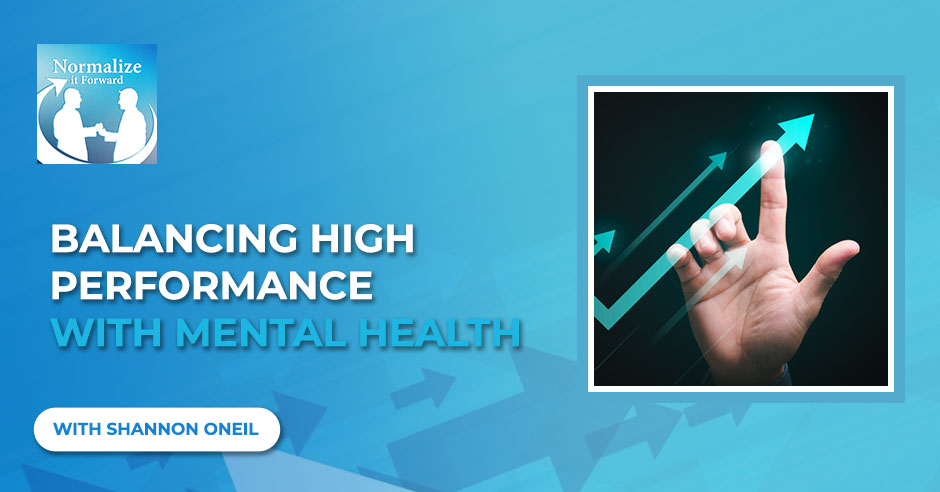
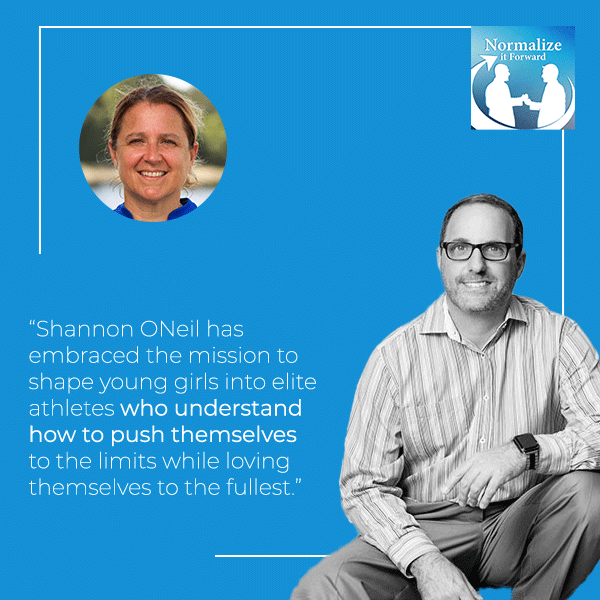
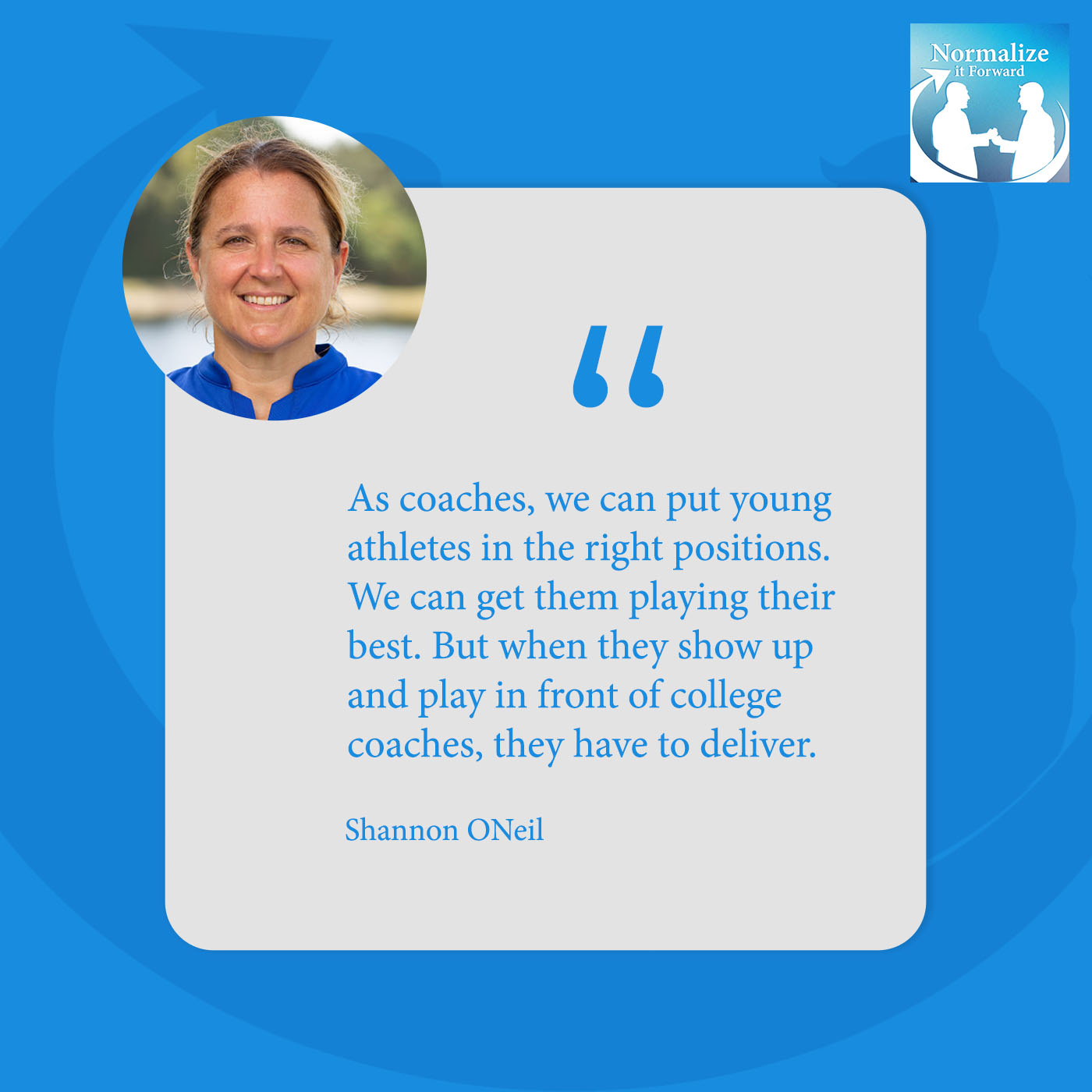
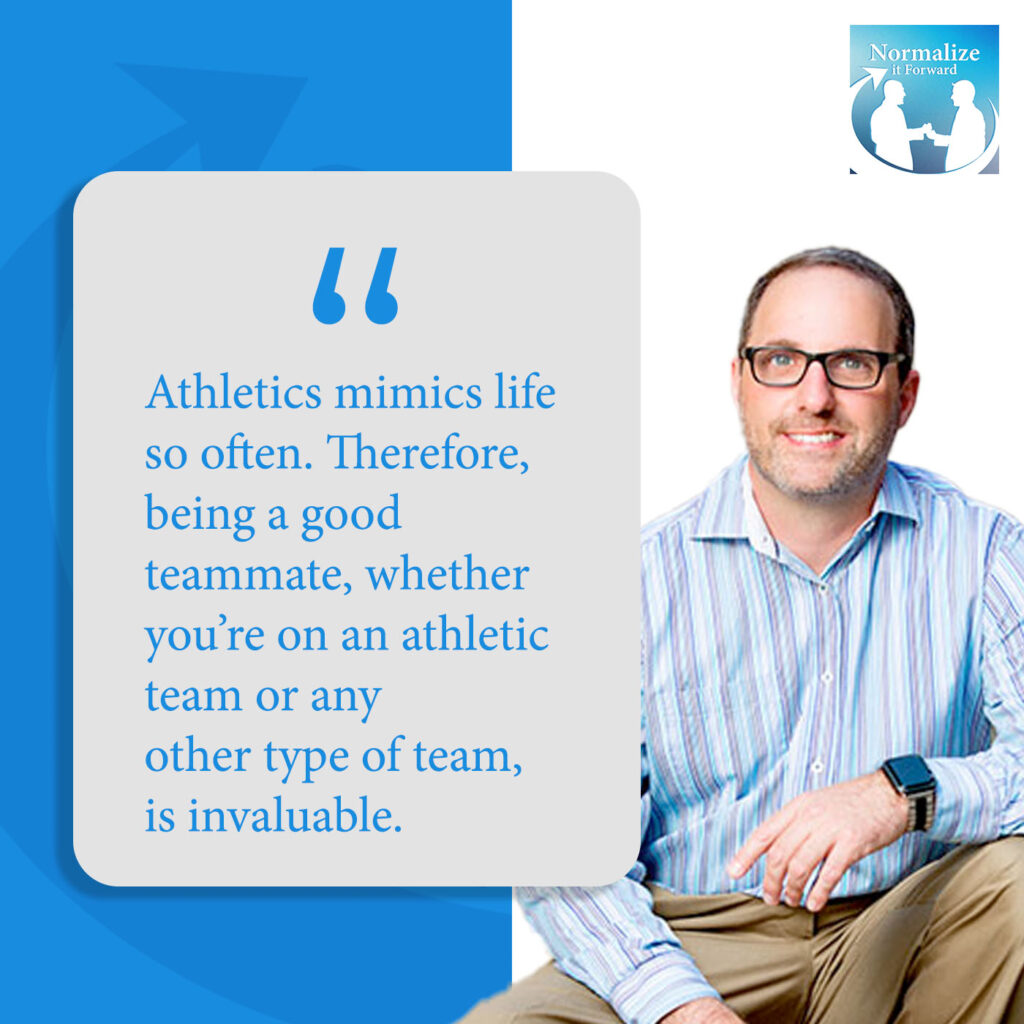
 She joined the IMG Academy lacrosse program with 15+ years of experience leading young women to success on and off the lacrosse field at the high school and collegiate levels. A native of Newburgh, NY, Shannon attended Villanova University and became a 2-time All-American and team captain. She is still second in Villanova’s all-time women’s lacrosse record book for total career points, assists and ground balls.
She joined the IMG Academy lacrosse program with 15+ years of experience leading young women to success on and off the lacrosse field at the high school and collegiate levels. A native of Newburgh, NY, Shannon attended Villanova University and became a 2-time All-American and team captain. She is still second in Villanova’s all-time women’s lacrosse record book for total career points, assists and ground balls.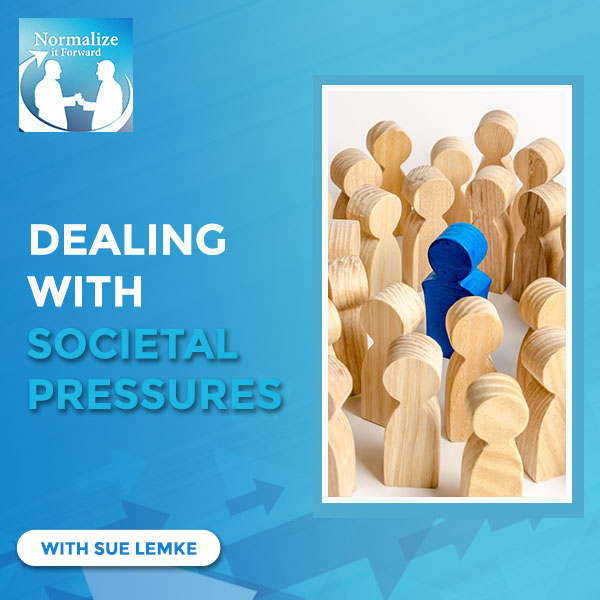
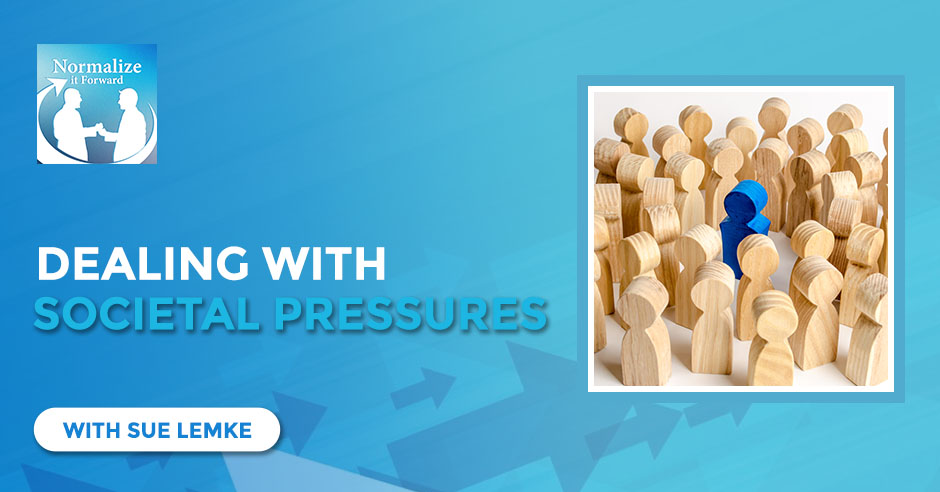
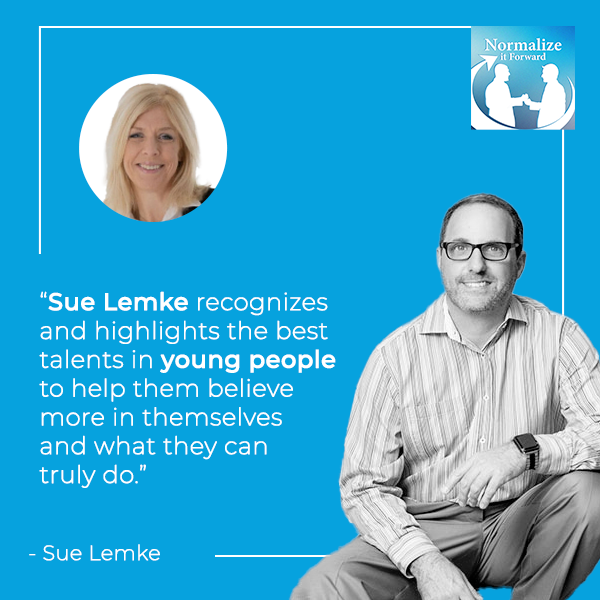
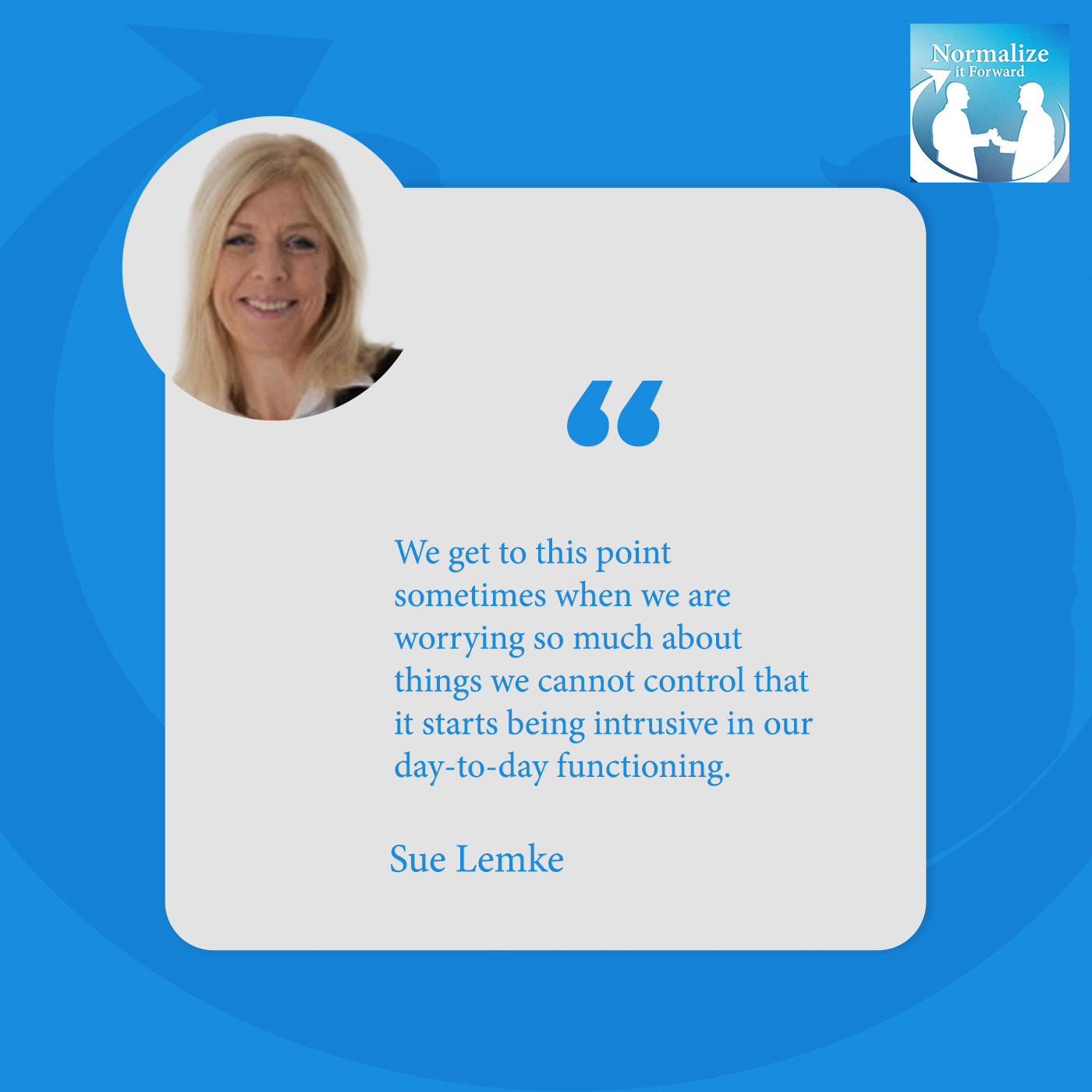
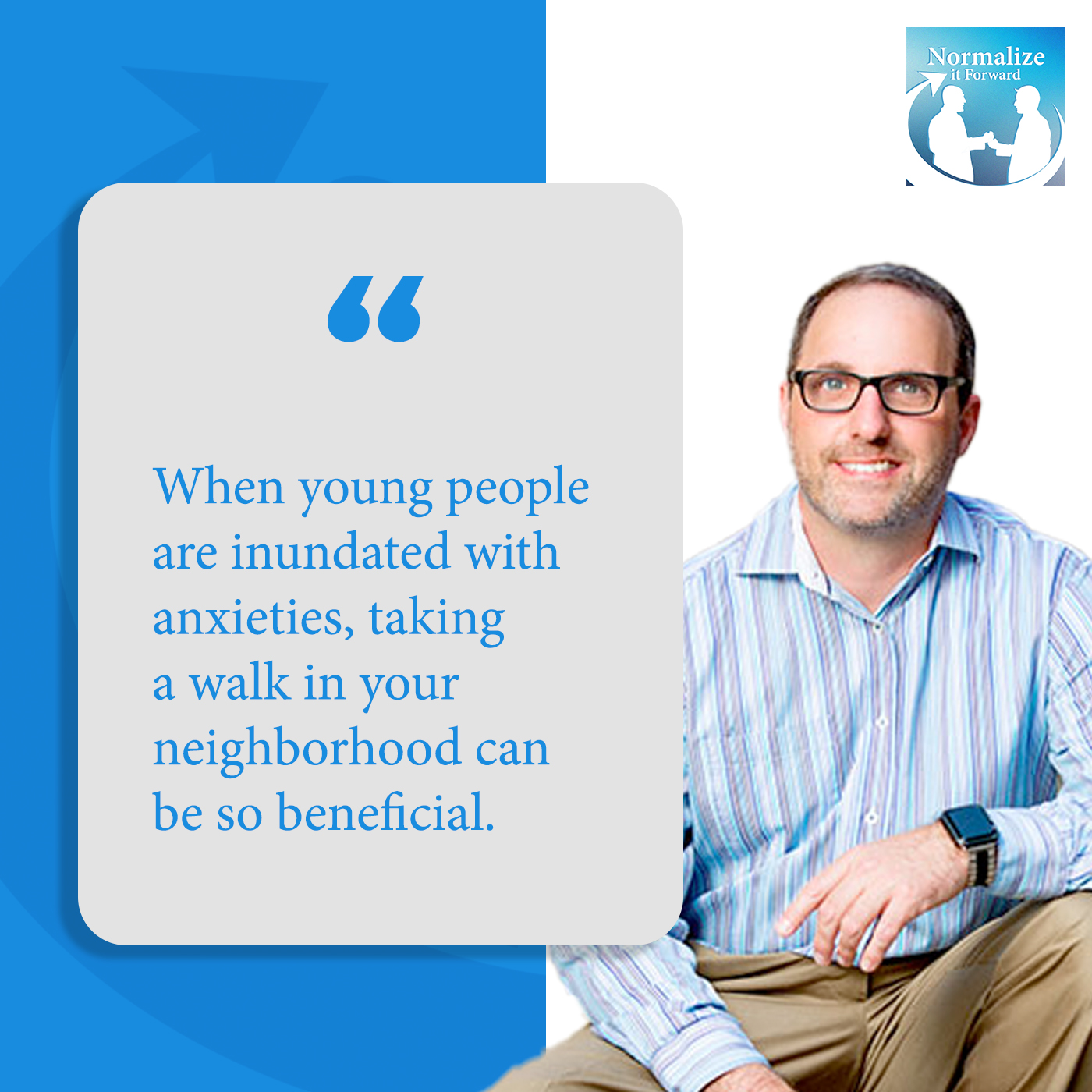
 Sue Homrok-Lemke is the Assistant Superintendent of Teaching & Learning in Simsbury, CT. She is also a lecturer/adjunct of Educational Leadership at Central Connecticut State University, working with aspiring administrators.
Sue Homrok-Lemke is the Assistant Superintendent of Teaching & Learning in Simsbury, CT. She is also a lecturer/adjunct of Educational Leadership at Central Connecticut State University, working with aspiring administrators.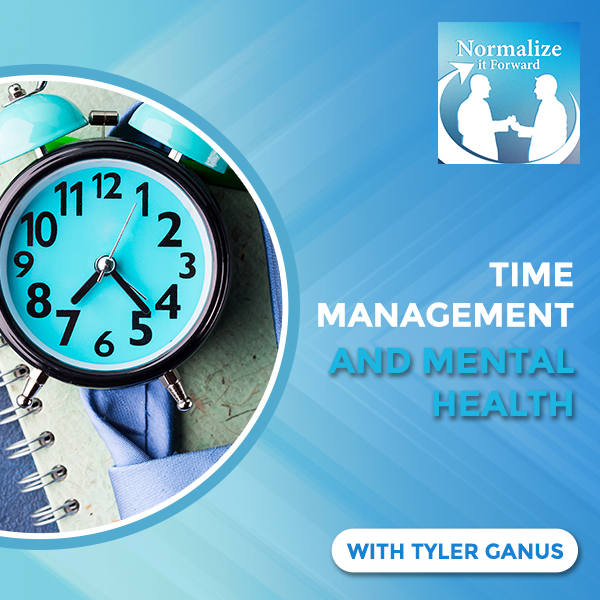
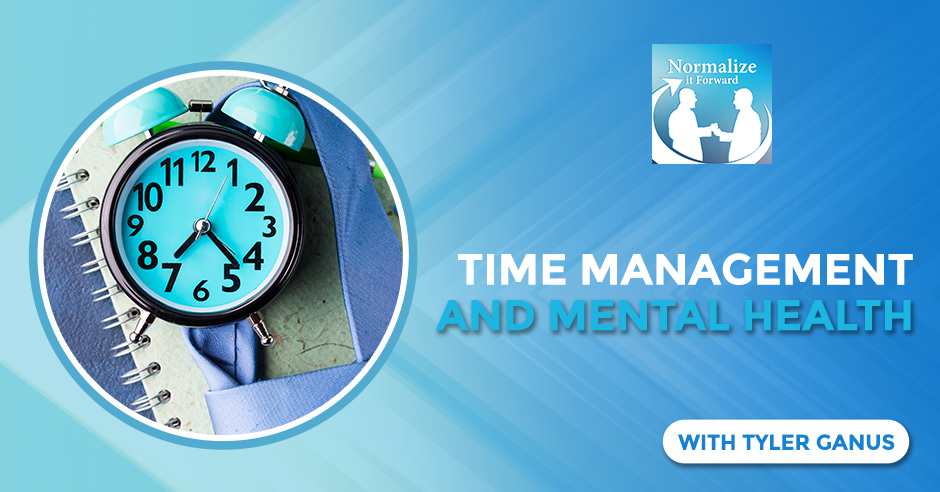
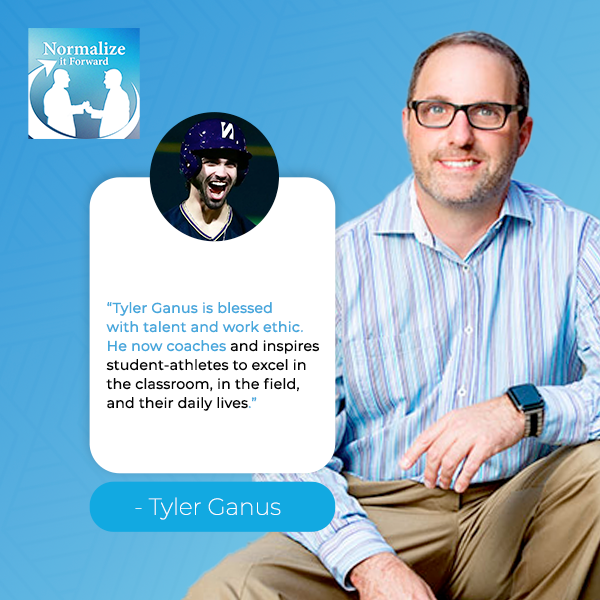
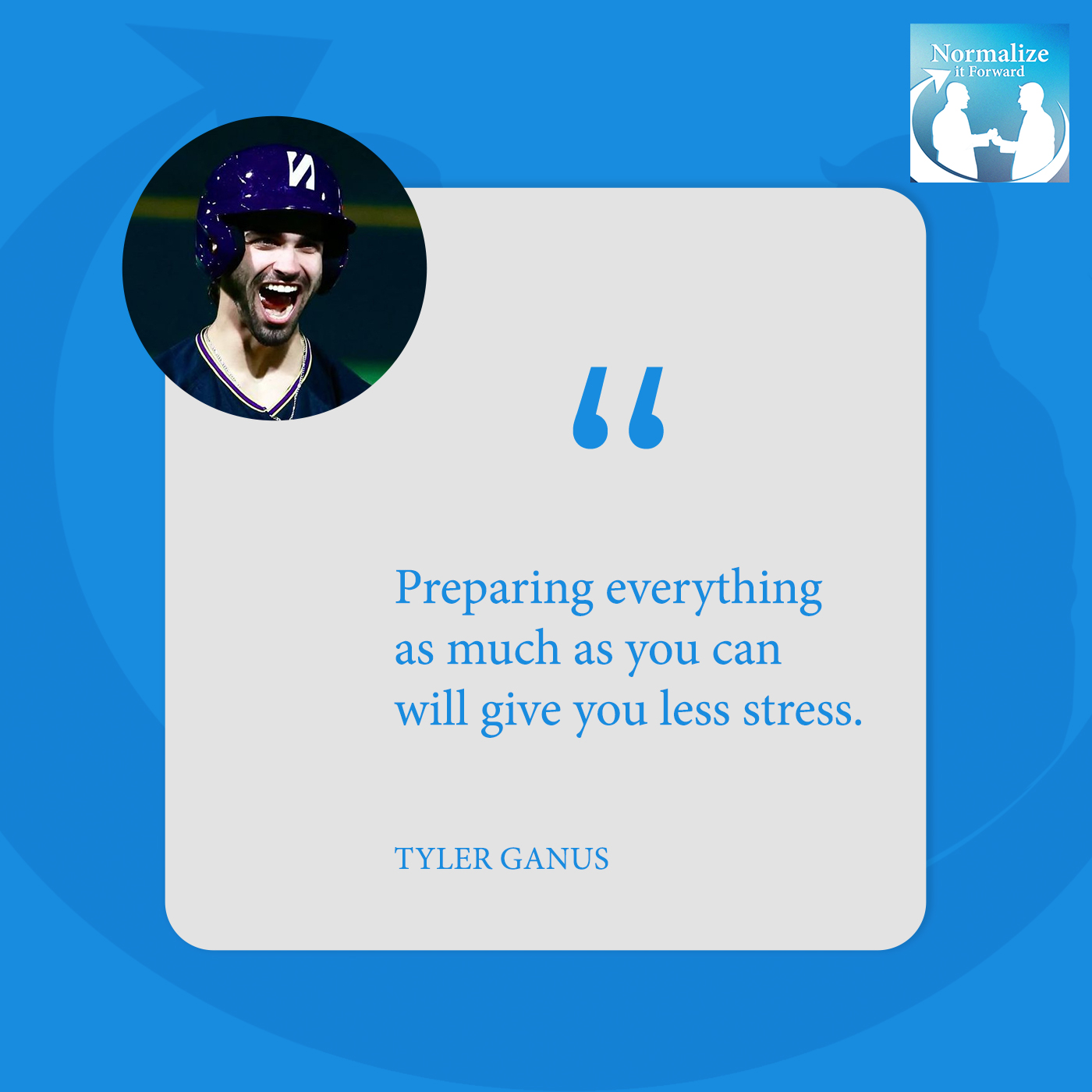
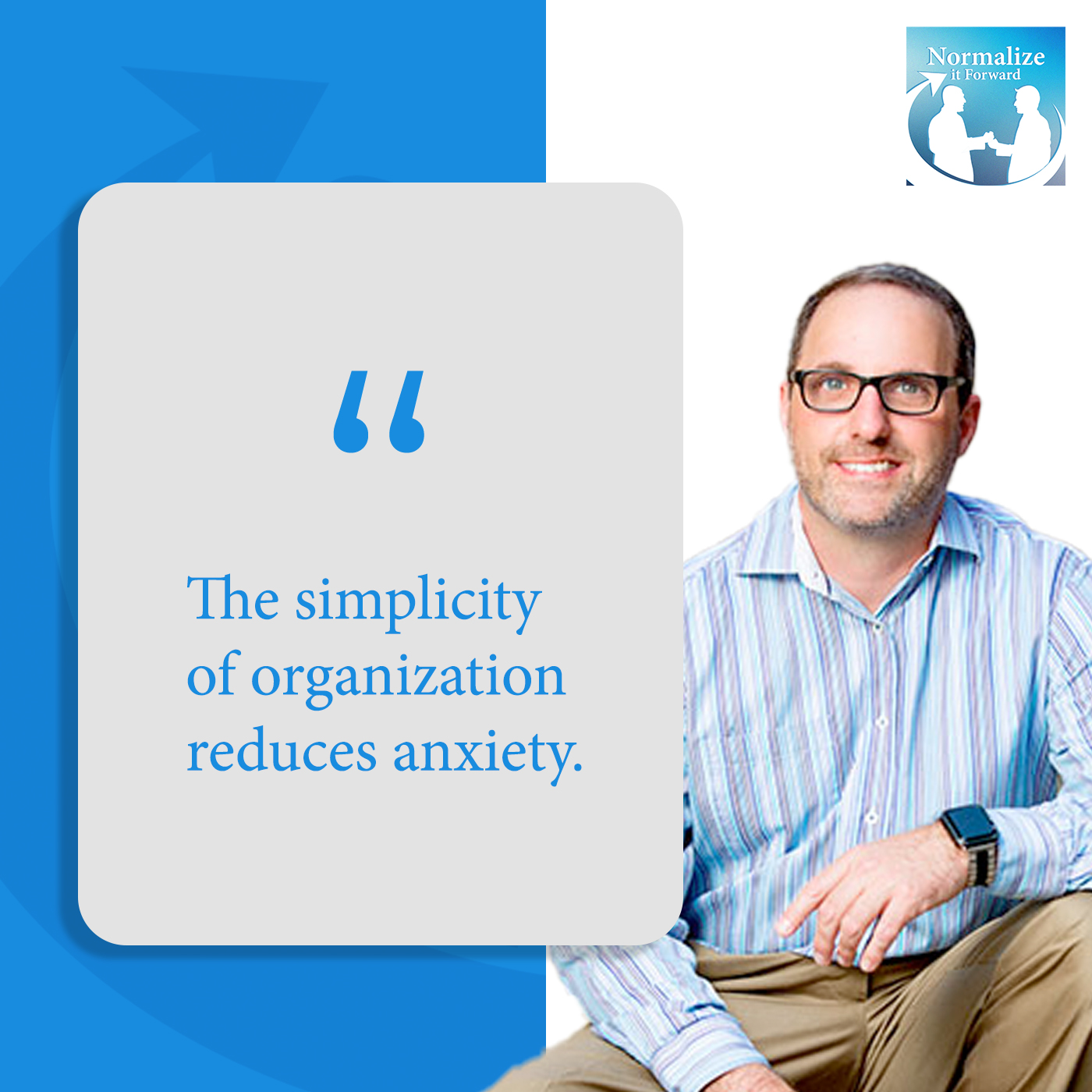
 A baseball alumnus from Harvard-Westlake, the University of Oregon, and Northwestern University, he has left a legacy in each of the programs. Embodying the phrase, “Do it with passion or not at all,” he has enjoyed being an energetic spark plug on the field.
A baseball alumnus from Harvard-Westlake, the University of Oregon, and Northwestern University, he has left a legacy in each of the programs. Embodying the phrase, “Do it with passion or not at all,” he has enjoyed being an energetic spark plug on the field.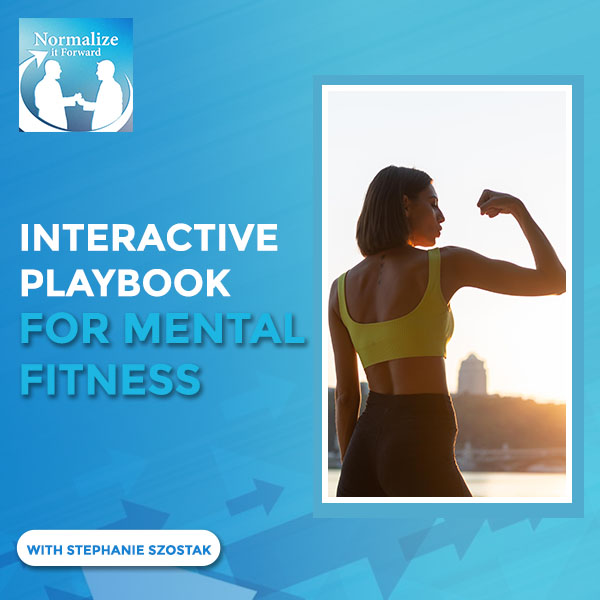
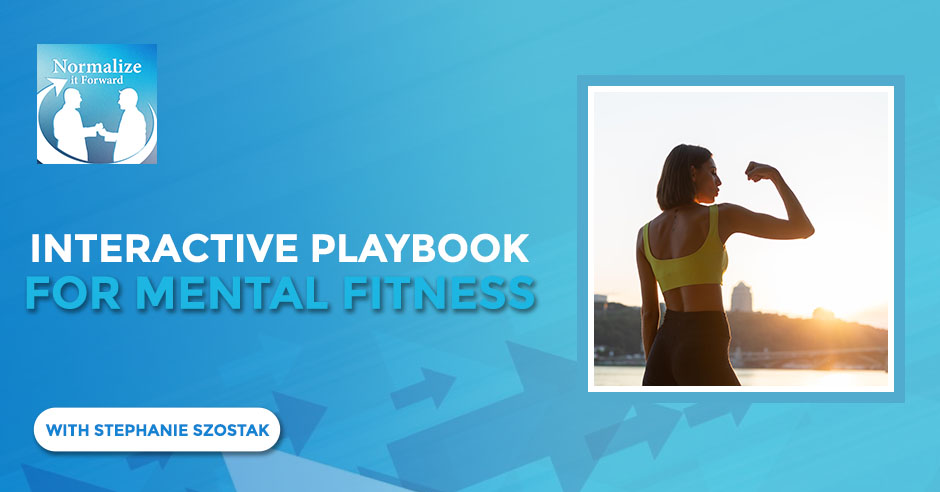
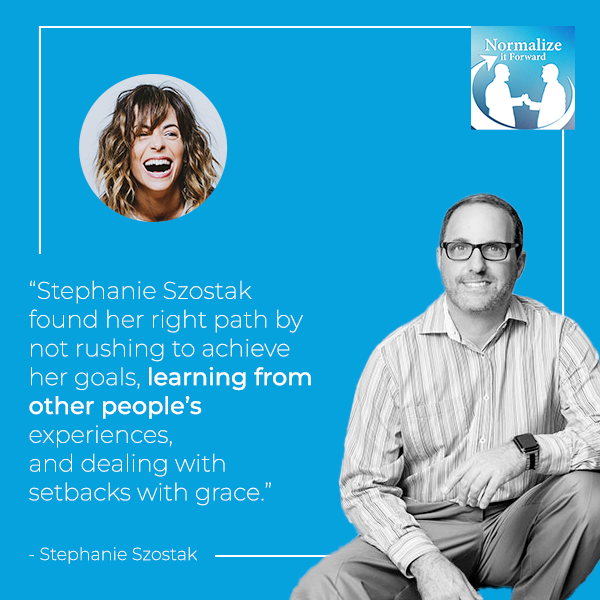
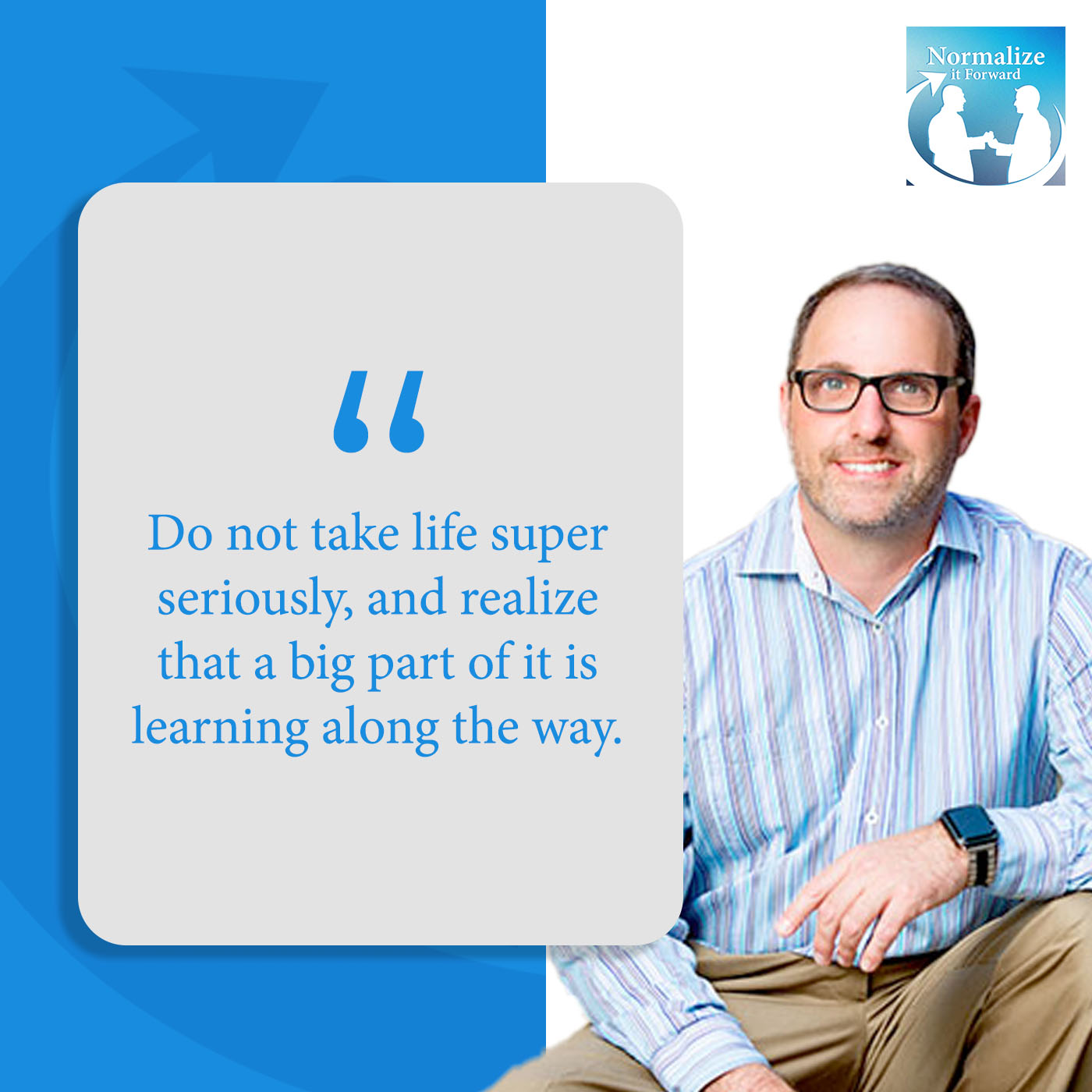
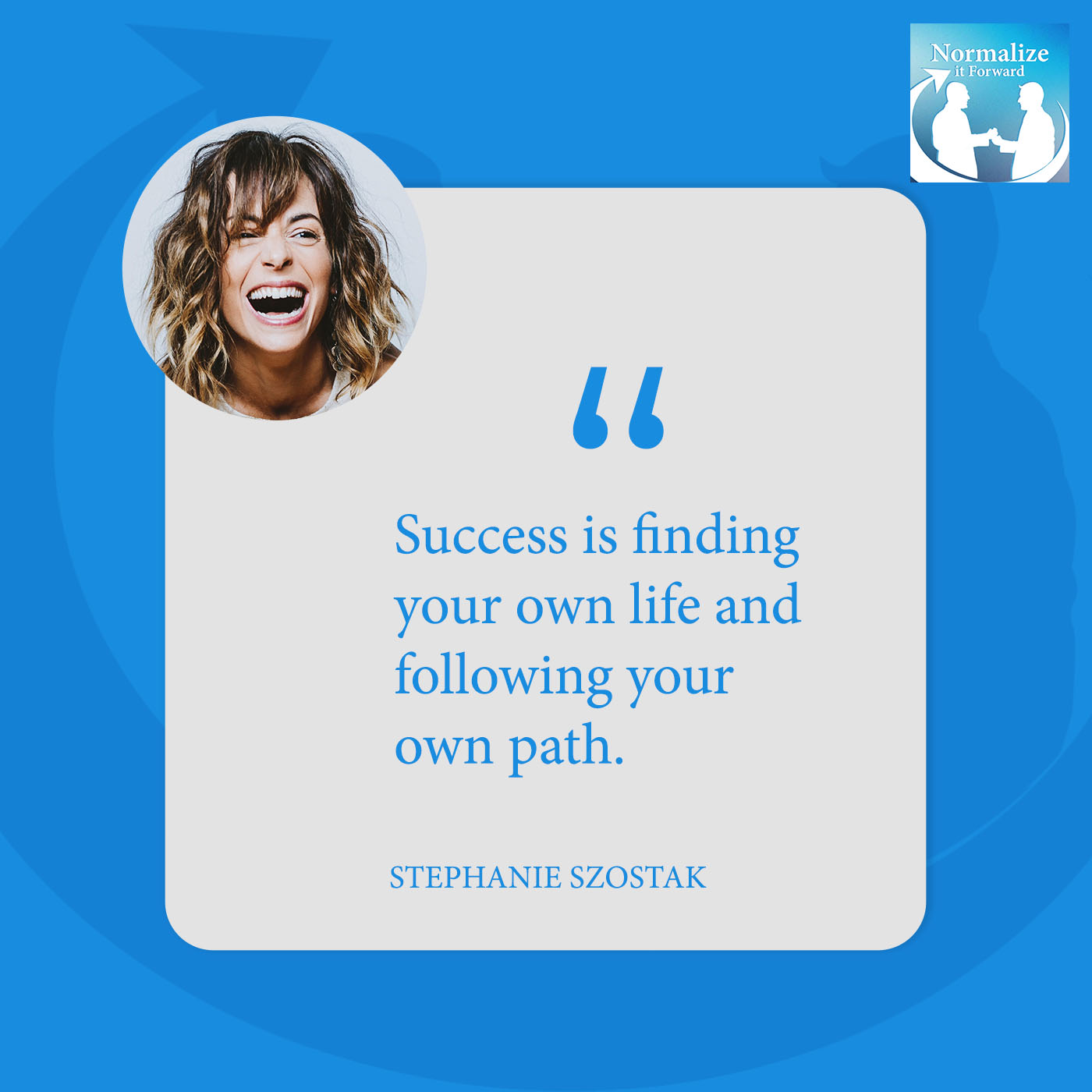
 Stephanie Szostak, is a French-American actress, author, speaker, and Give an Hour ambassador. She speaks on being an outsider, overcoming failure, mental fitness, and living with authenticity. She is best known for her roles in The Devil Wears Prada, the ABC hit series A Million Little Things, Iron Man 3, and Dinner for Schmucks.
Stephanie Szostak, is a French-American actress, author, speaker, and Give an Hour ambassador. She speaks on being an outsider, overcoming failure, mental fitness, and living with authenticity. She is best known for her roles in The Devil Wears Prada, the ABC hit series A Million Little Things, Iron Man 3, and Dinner for Schmucks.